Robin Shou
When you hear the name Robin Shou, there are a few things that might come to mind. An iconic Hong Kong movie star, Liu Kang, ‘The Chosen One’ from Mortal Kombat, a movie that was made over 20 years ago for $18 million dollars and grossed over $120 million, and is still the most successful video game turned movie franchise to have ever been made; That Shou has made over 40 Hong Kong movies before breaking into Hollywood. You may even know that Shou was responsible for training Milla Jovovich for her role in Resident Evil. However as he transitions from actor to writer / director I learn a few surprising things about him.
With the release of his new movie, Earthbound, which Shou both wrote and directed and opens this week with limited engagement at the Laemmle Playhouse 7, we sit down to chat about Shou’s biggest achievements to date, his experience working in both Hong Kong and Hollywood, and his unexpected and perhaps, some might even say, controversial views on the current white washing casting situation in Hollywood.
You’ve had such an amazing career history. What would you say was the biggest lesson you’ve learnt from your career in Hong Kong that has carried through to your career in Hollywood?
It’s more of a reminder than a lesson. My experience in Hong Kong taught me to persevere and have a good work ethic. It taught me it was more important to show people what you can do instead of telling people what you can do. Paul Wong, used to be one of Jackie Chan’s top stuntman. I mean he was the best in the early 80’s movies. He doubled for Jackie Chan or tested out stunts for Jackie before he did them. He later became a stunt and fight coordinator. I was lucky enough to work for him in my first Hong Kong film. His favorite model was the Nike tag-line, “Just do it!” He would tell his stuntmen to, “Stop talking, just do it!” He had the mentality of giving your best. And that’s how I feel today:
Stop talking, just do it!
Robin Shou with Jackie Chan
Did you always know that you would eventually want to move back to the U.S and make movies here?
I always knew I would be back in the States, but not making movies. I grew tired of the film industry in Hong Kong because I wasn’t making movies that I wanted to. Also due to the fact it was near 97’, Hong Kong's hand over to China, I really didn’t want to do films again. I was going to get into some import export business, then a casting director friend whom I met back when I did ‘Forbidden Love’ for CBS, told me that they were casting a video game movie and I was perfect for it. I went to audition not excited about it really. What kind of film title used ‘Mortal Kombat?’ Sounded really stupid. After seven auditions, I got the part.
Robin Shou as Liu Kang from Mortal Kombat.
What kind of film title used ‘Mortal Kombat?’ Sounded really stupid. After seven auditions, I got the part.
Starring in Mortal Kombat was a huge career breakthrough for you, how was your experience starring in the movie and did you feel your life change significantly when the movie came out?
I had no idea how big the game was and I can honestly say we made a fantastic movie; the best video game adaptation ever and it’s still holding up today. My experience in the film was great. Paul (Anderson, director of Mortal Kombat) and Linden (Ashby) are still my friends today because we had a wonderful working relationship. I didn’t know then but now thinking back, it was a big production. Like what I took away from Paul Wong back in Hong Kong, I was just doing my part and not thinking about it. Work didn’t pour in but Hollywood knew there was a new Chinese guy in town.
I had no idea how big the game was and I can honestly say we made a fantastic movie; the best video game adaptation ever and it’s still holding up today. My experience in the film was great. Paul (Anderson, director of Mortal Kombat) and Linden (Ashby) are still my friends today because we had a wonderful working relationship. I didn’t know then but now thinking back, it was a big production. Like what I took away from Paul Wong back in Hong Kong, I was just doing my part and not thinking about it. Work didn’t pour in but Hollywood knew there was a new Chinese guy in town.
Robin Shou with good friends Paul W.S Anderson (director or Mortal Kombat) and Linden Ashby at the 22nd year anniversary of the Mortal Kombat screening in Hollywood.
Robin Shou with Andy Lau
Work didn’t pour in but Hollywood knew there was a new Chinese guy in town.
I think one thing people may not know about you is how moral you are when it comes to the roles you choose, not taking roles that depict Asians in a bad light or a stereotypical way. Working in such a tough industry with limited roles for Asians, has that always been an easy decision for you or have you often battled with your choice of what roles to take?
No, it wasn’t difficult at all. People often told me that we’re actors and we're supposed to act and not have any political agenda. I agreed. I told them that I just don’t like to play a bad guy. I wanted to play the hero. Whether or not that was a conscious decision, I didn’t want to play anything that shed a negative light on my persona or me. I’m very proud of who I am and what I’ve done. I’m Lui Kang, 'the chosen one!' Again, we as actors always have a choice to take the part or not.
Given that you were an unknown actor when you starred in Mortal Kombat, a movie that was made over 20 years ago and was a huge box office success, how do you feel now about the current 'white wash' casting situation in Hollywood, with movies such as Ghost in The Shell and Dr. Strange?
I always tell people that, Hollywood is a business. Seriously, do you really think Hollywood give a shit about that, "Hmm, we really should cast an Asian because the Asian community will get really, really pissed off.” Even if the movie wasn’t a success and lost lots and lots of money, they would say it was a bad script, not because it was cast wrong.
No, it wasn’t difficult at all. People often told me that we’re actors and we're supposed to act and not have any political agenda. I agreed. I told them that I just don’t like to play a bad guy. I wanted to play the hero. Whether or not that was a conscious decision, I didn’t want to play anything that shed a negative light on my persona or me. I’m very proud of who I am and what I’ve done. I’m Lui Kang, 'the chosen one!' Again, we as actors always have a choice to take the part or not.
Given that you were an unknown actor when you starred in Mortal Kombat, a movie that was made over 20 years ago and was a huge box office success, how do you feel now about the current 'white wash' casting situation in Hollywood, with movies such as Ghost in The Shell and Dr. Strange?
I always tell people that, Hollywood is a business. Seriously, do you really think Hollywood give a shit about that, "Hmm, we really should cast an Asian because the Asian community will get really, really pissed off.” Even if the movie wasn’t a success and lost lots and lots of money, they would say it was a bad script, not because it was cast wrong.
Also, who or what Asian actors can carry a movie like that and have an international market? Scarlet Johansson fits.
When I was in Hong Kong, we had no name Chinese actors working in Hong Kong. However you started to recognize some of the actors in films. Even with white actors, they got type cast, playing the same evil white guy or other ethnicity.
I feel the responsibility lies within the Asian community. We should cast the right people to represent us, BUT, and this is a big but, we don’t do that either because of marketing. Back to Paul (Wong), “Stop talking or justifying. Just do it!”
Earthbound, written and directed by Robin Shou
You have now transitioned to working behind the camera and have your new short movie coming out, Earthbound. Have you always known you would want to move to writing /directing eventually?
I knew back in Hong Kong that I wanted to direct one day. I was writing short stories and film ideas back then. I wanted to tell stories rather than act in them. So it was natural to transition and having kids made the decision easier.
Earthbound follows the story of the 2004 Indian Ocean tsunami that struck Southeast Asia. What was it about this tragedy in particular that was a draw for you to write about?
After my son was born, I realized how vulnerable he was and I’ve tried with all my power to protect him but somehow, someway, he found a way to hurt himself. Now, amplify that a thousand fold, what if a tsunami swept through and your family was in peril? Like anyone, you’d rather die than see them suffer. But what if you can’t or came too late? That’s a pain I don’t want to know. So I wrote a film…
Scene from Earthbound by Robin Shou
How was your experience working on the movie?
My experience was the best ever. The best thing about our industry is to overlook all barriers and focus on the story. I was in Indonesia working with the local people, doing what I loved. How amazing is that?
What does it mean to you to be an Asian American storyteller and what kind of stories do you want to tell in the future?
One of my favorite films is, “A Tree Grows in Brooklyn”. Peggy Ann Garner played Francine, she’s a very precocious little girl, wanted to become a writer, with great imagination. For a class assignment, She wrote about her trip with her Dad to Paris; all the places she visited. Her teacher praised her with her writing, but told her that she should write about things that she knew because Francine was poor and her father was unemployed and an alcoholic.
With that in mind, I think whatever story I decide to tell will definitely have an Asian theme. I have to write about what I know. I can’t make up things that I don’t know. I’m not a very good liar.
Of all your career achievements, what are you most proud of?
Earthbound of course. It was hard but you must experience the bitter before the sweet. Still, that’s not my biggest achievement. Not to be corny but my biggest achievement are my kids.
Robin Shou during the filming of Earthbound
Having worked on over 40 movies, can you share one of you favorite memories of your career so far?
I can write a book about that but one that sticks out was on Earthbound, we were filming the tsunami aftermath, and we had to wet the ground, I asked the AD if we had water in the water truck to wet the ground. The AD then asked the prop guy, the prop guy said, “YES!” Well, we ran out of water after a few minutes, I turned to the AD and said, "I thought you said there was water in the truck?" He replied, “There was but not enough to wet the entire area. You didn’t ask how much." That busted me up laughing.
Do you see yourself making movies just in the U.S or do you also have an interest in making movies in China?
I don’t know. I don’t think about what I’d do in the future except raising my kids the best I can. I just do what I needed to do, but my family always takes priority.
What impact has becoming a father had on you as a writer / director?
I’d never imagined myself to be a husband let alone a father. It changed me completely. My whole perspective about life and what was important to me has changed. I’m a genre guy. I loved action movies, but now I question the violence and what purpose those films have. I understood or thought I did, what the meaning of, ‘life is too short’ meant. Before was, I don’t give a shit about others and do what I want now because life is too short to wait around. But now, life is too short means I have to cherish my moments with my wife and kids before I miss out on life.
As a writer, I want to write about that; the importance of time with your loved ones or lack of time with your loved ones. If I were to make an action movie it would have to have a purpose. Saving the world isn’t as important as saving your family. Well, you gotta save your family before you save the world. If you can’t save your family, how is it you’re going to save the world?
Scene from Earthbound by Robin Shou.
If your son or daughter wanted to work in the industry would you encourage them?
I wouldn’t want them to or encourage them. It’s a tough business. You have to love the work, not the fame. A lot people get confused between the two. They only see the good side and miss the work that artists put into their career.
Finally what advice do you have for aspiring actors or filmmakers, particularly Asian American actors?
Work, work and work…it doesn’t matter how big or small the job is, just do it. Even though sometimes, or most of the time, it’s work with little pay or no pay. Just do it because you’re going to walk away with a lot. Remember we have to come from somewhere before we can get somewhere.
Earthbound is out now at The Laemmle Playhouse 7
Earthbound trailer
Visit Earthbound online

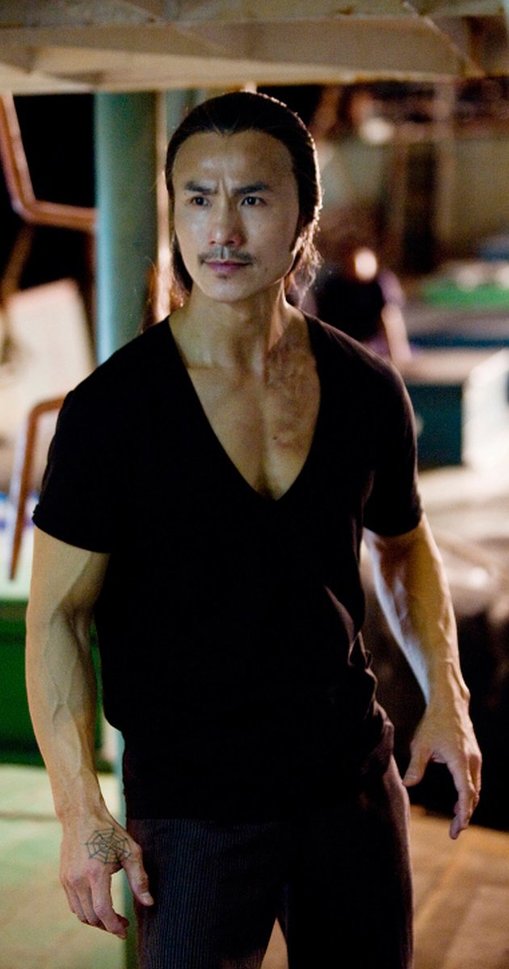
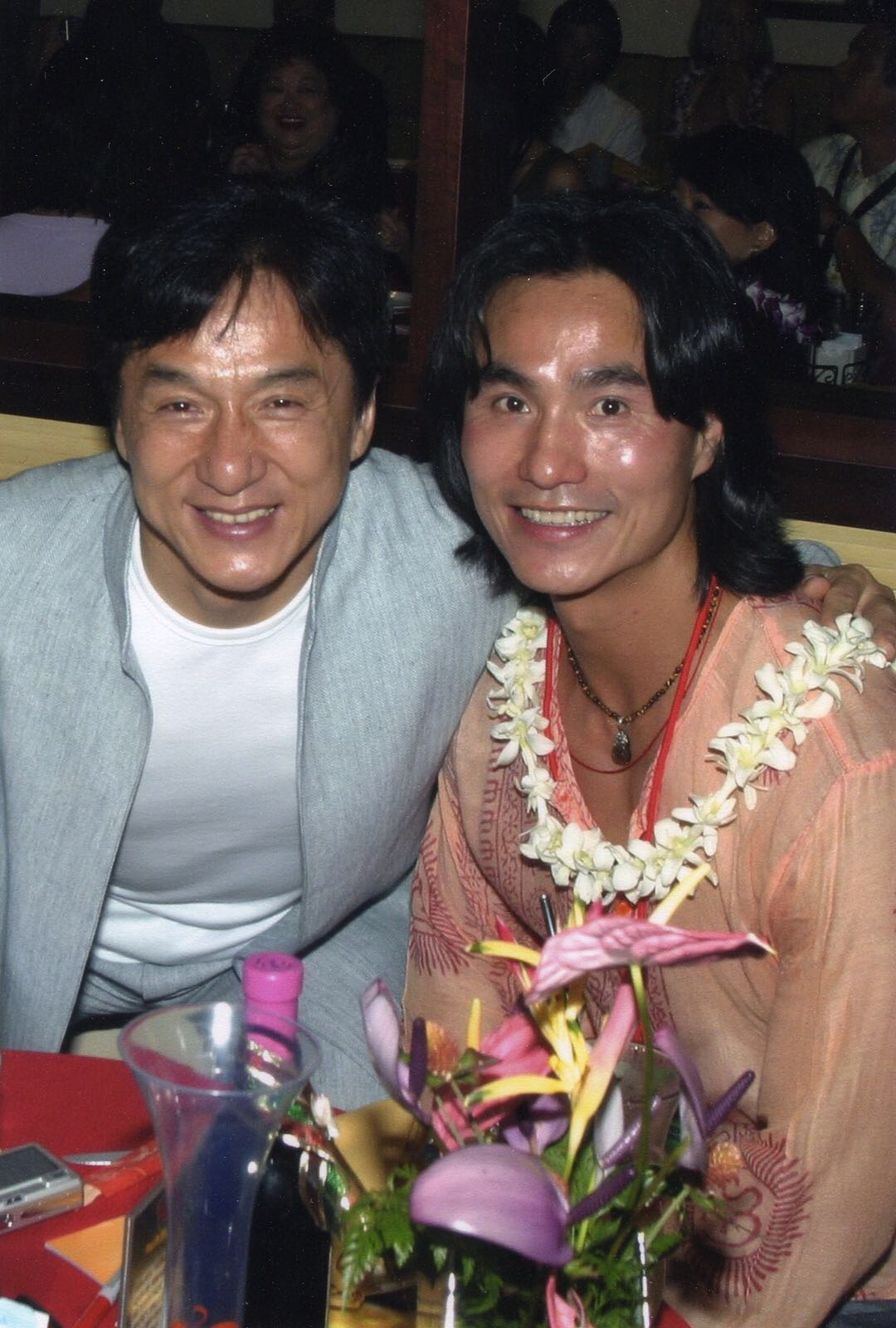
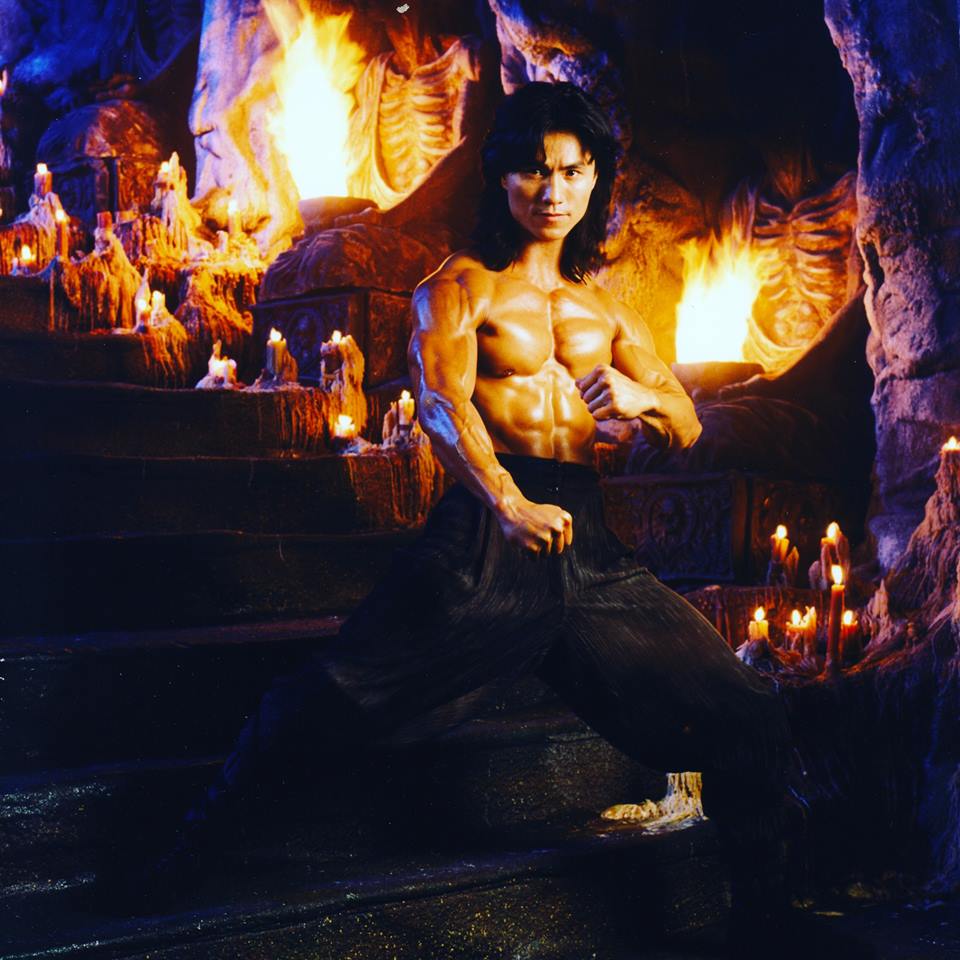
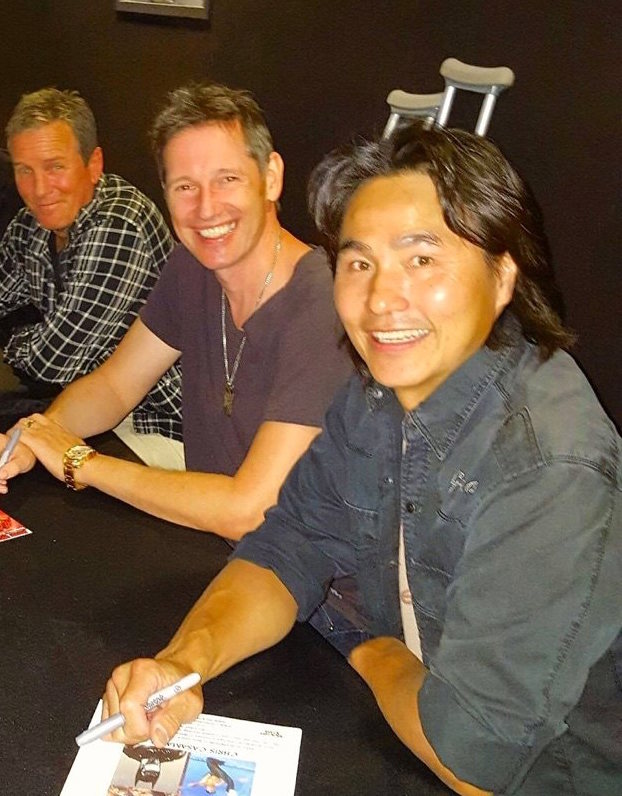
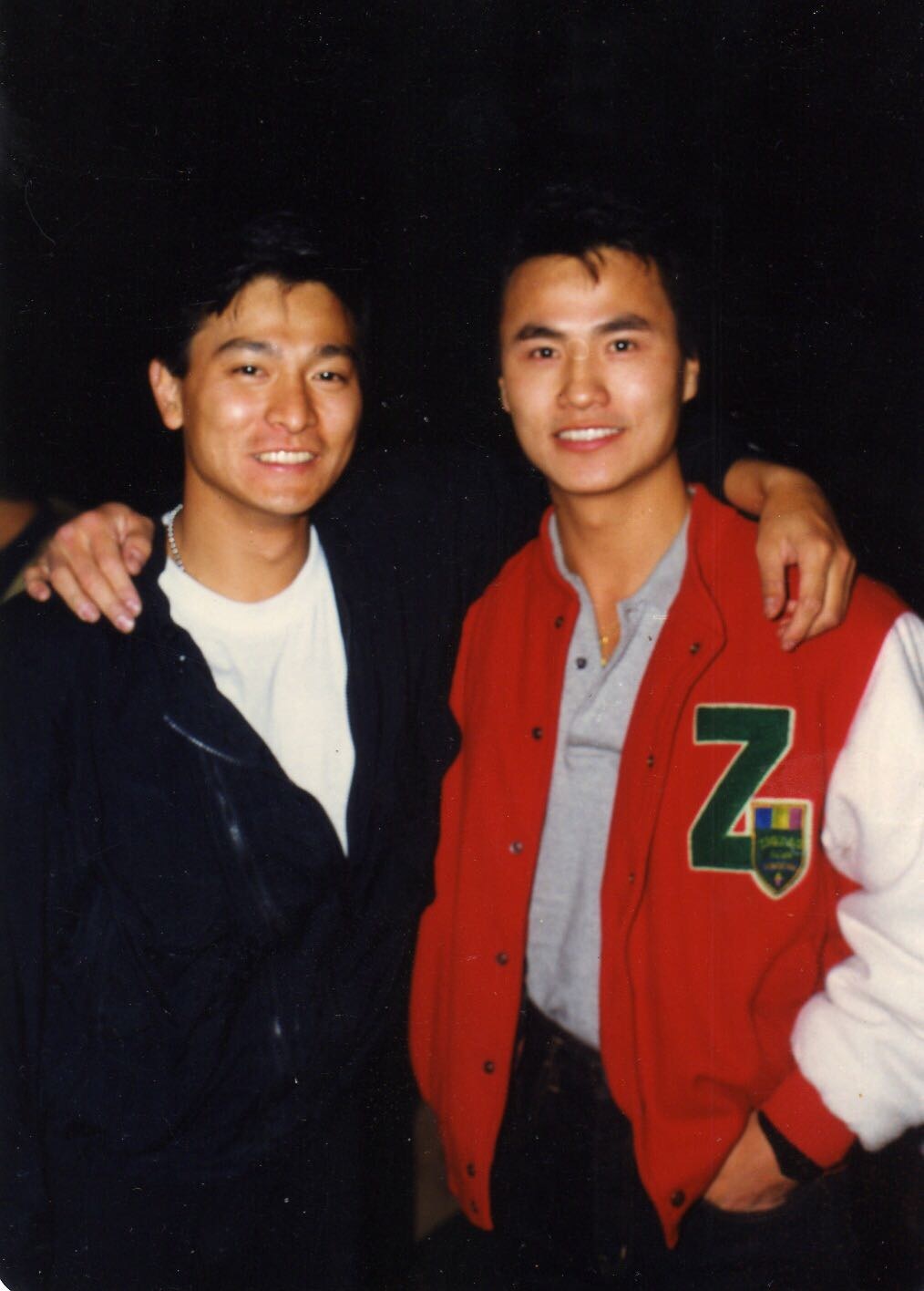
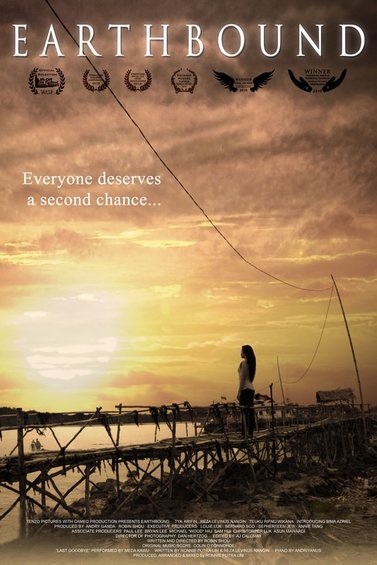
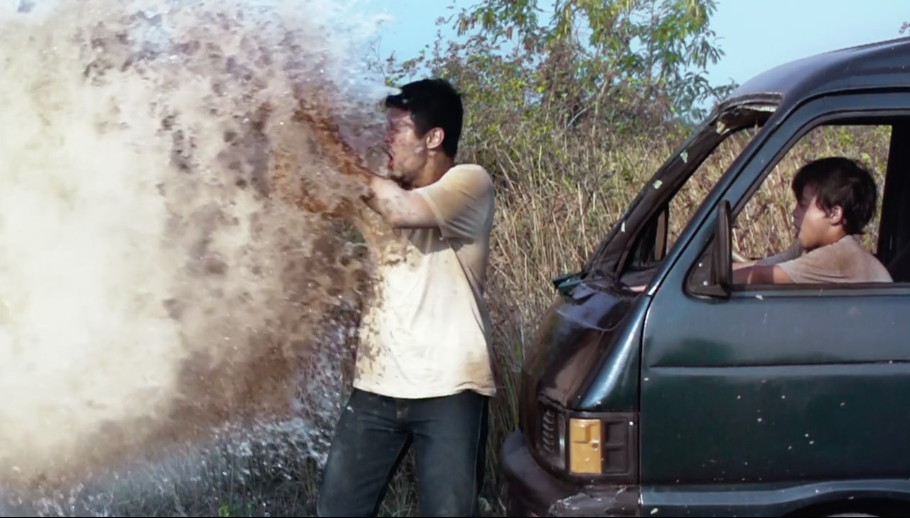
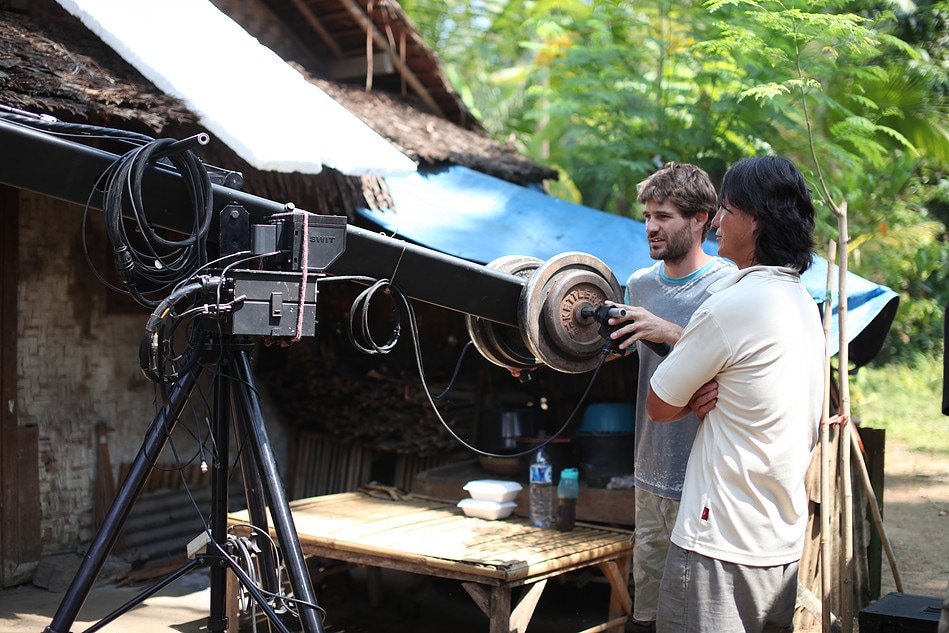
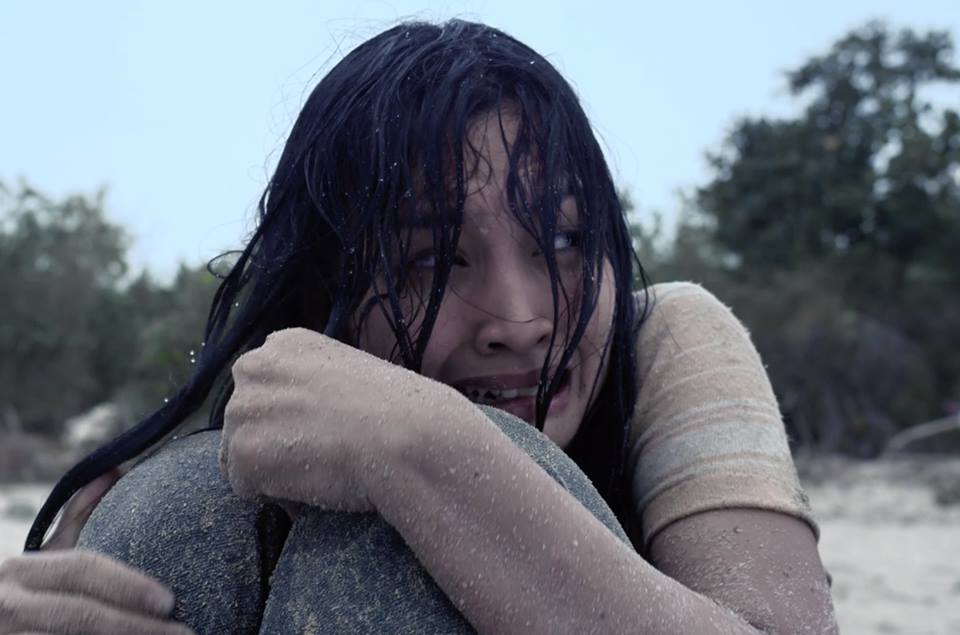
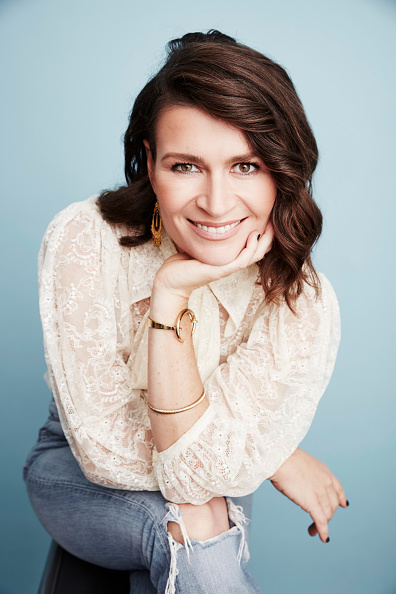
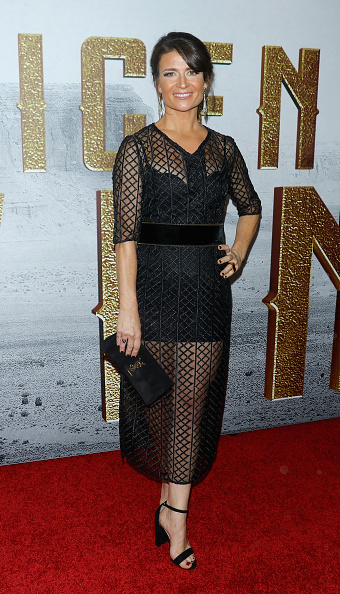
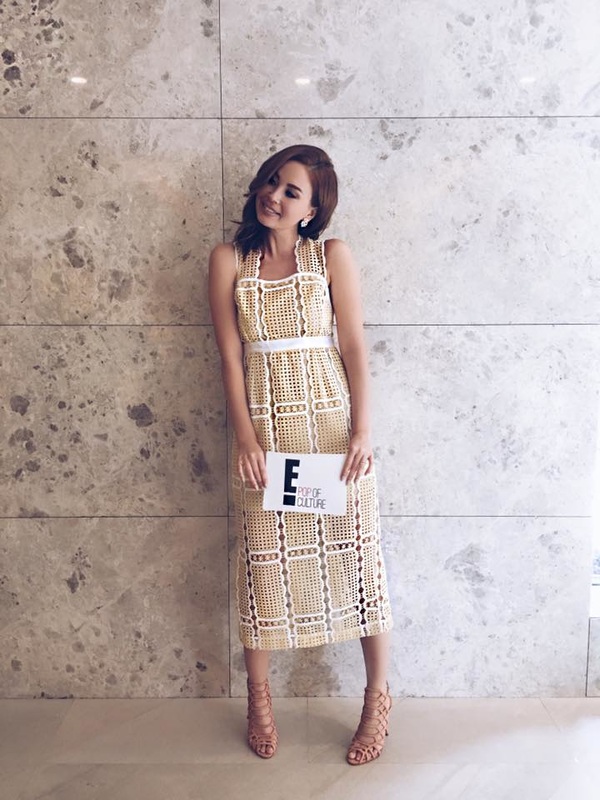
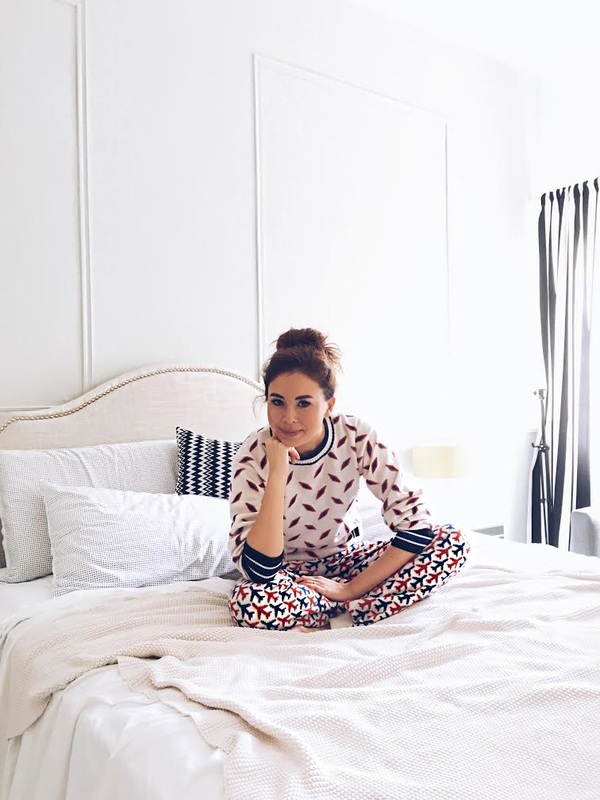
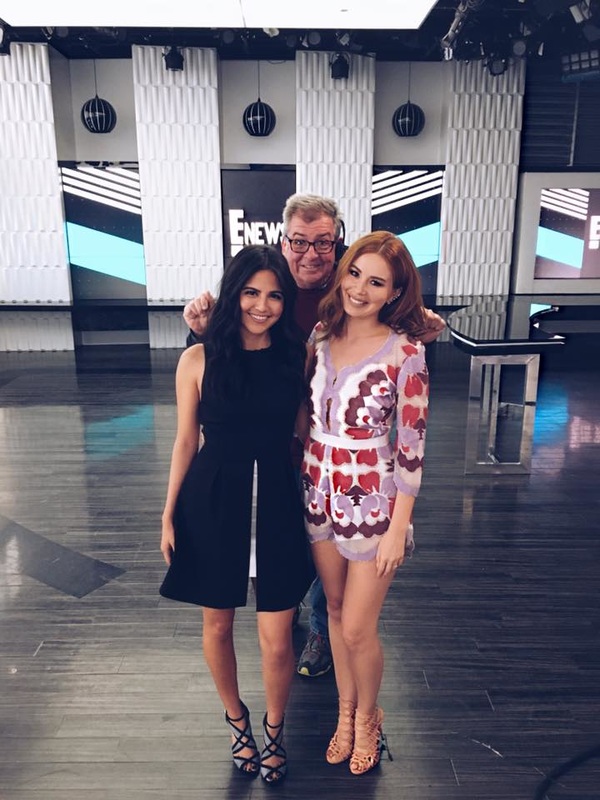
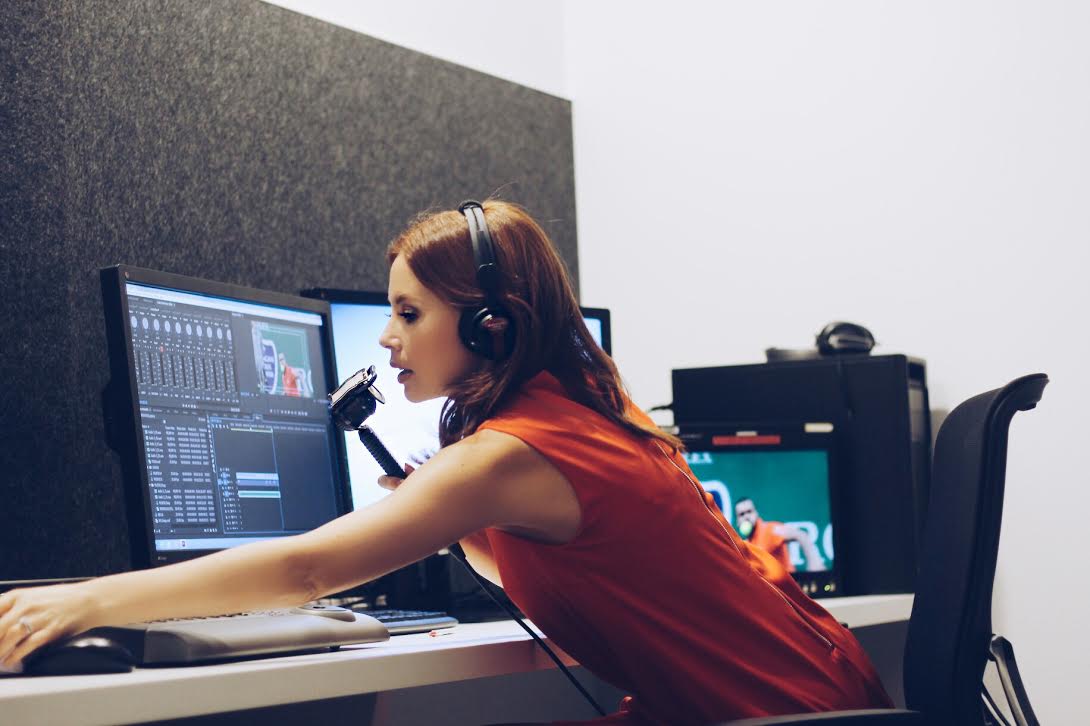
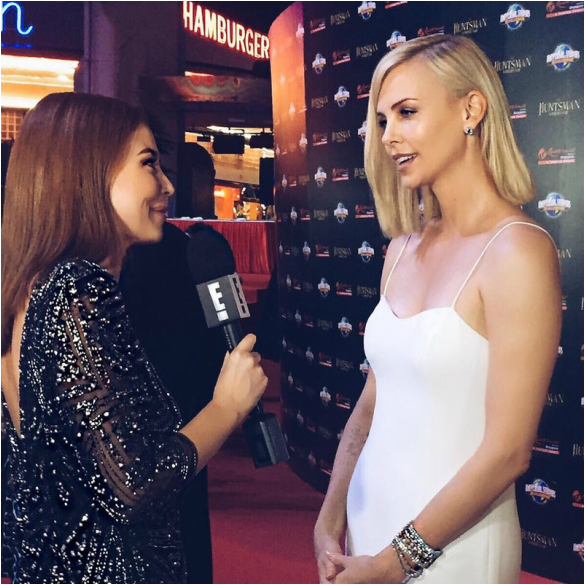
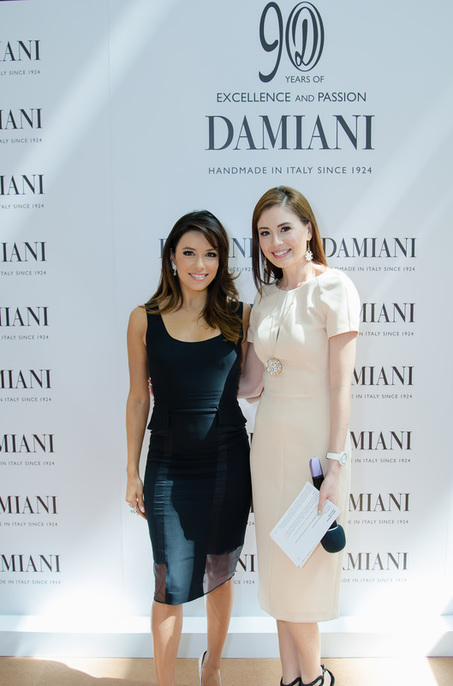
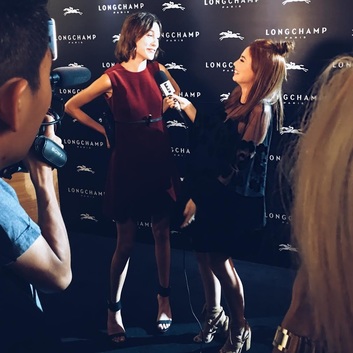
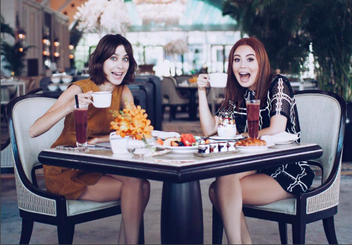
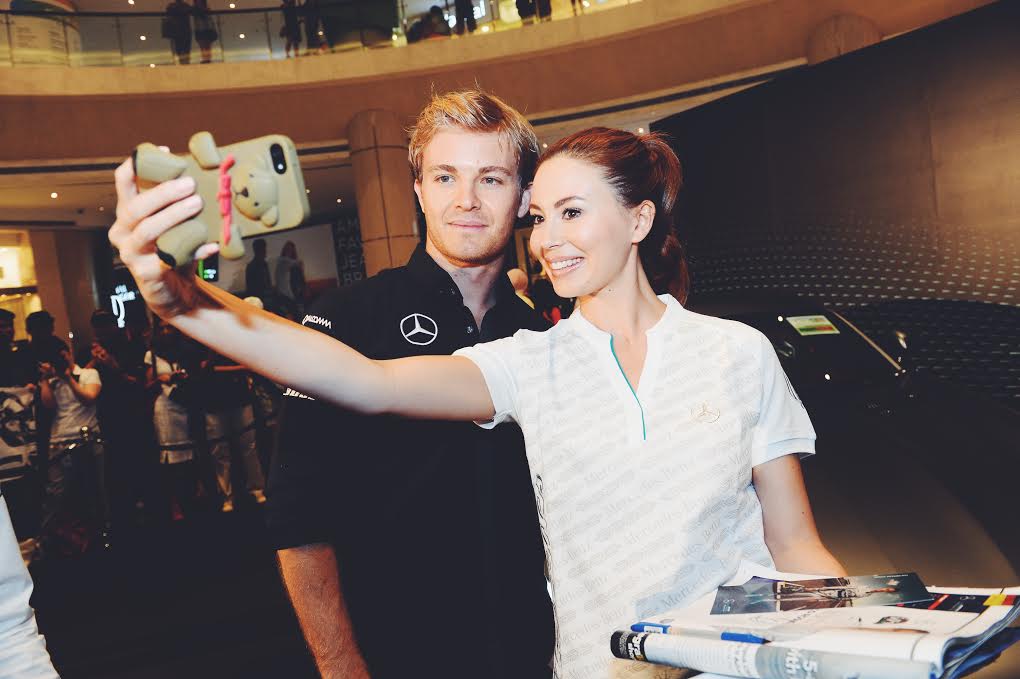
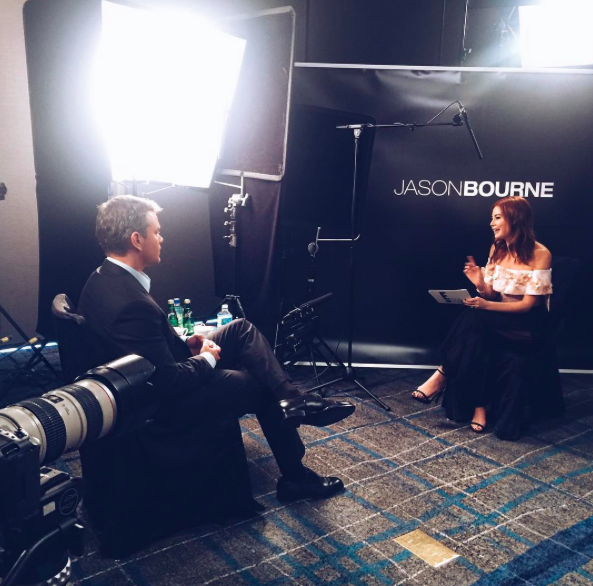
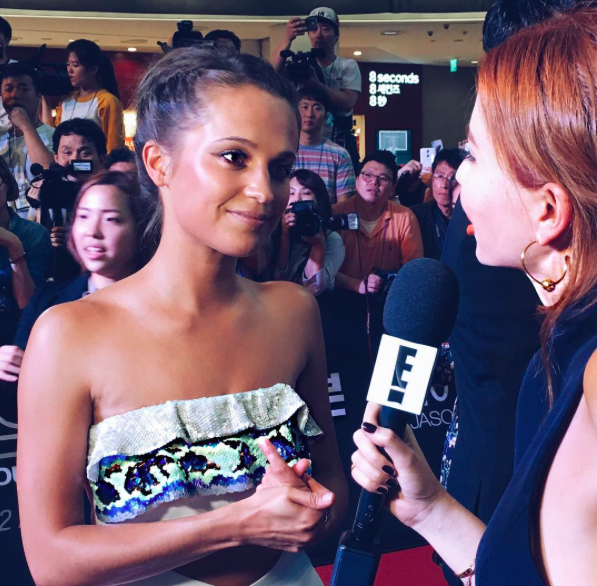
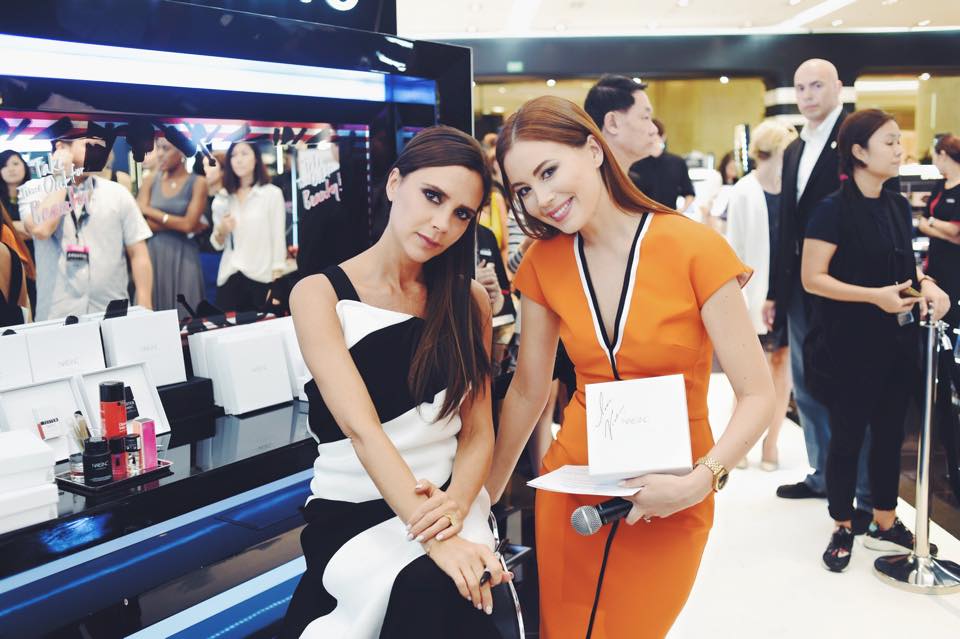
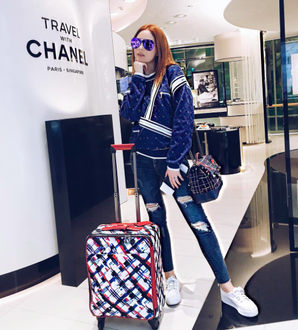
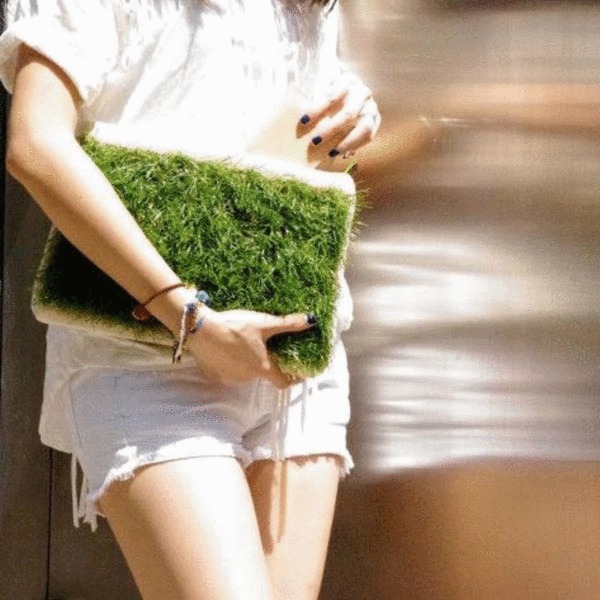
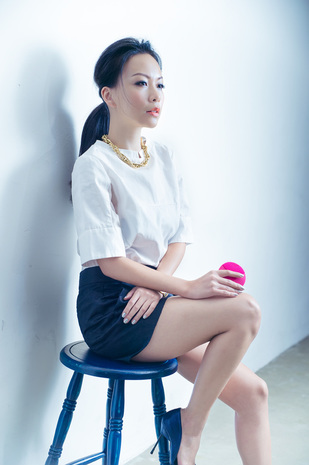
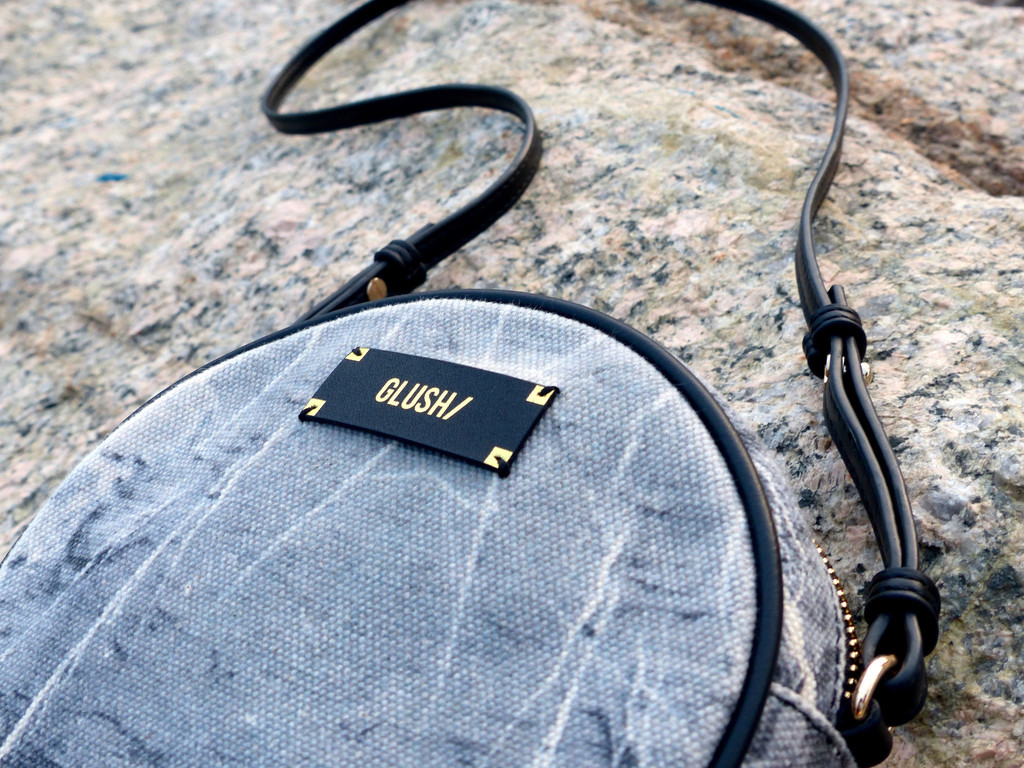
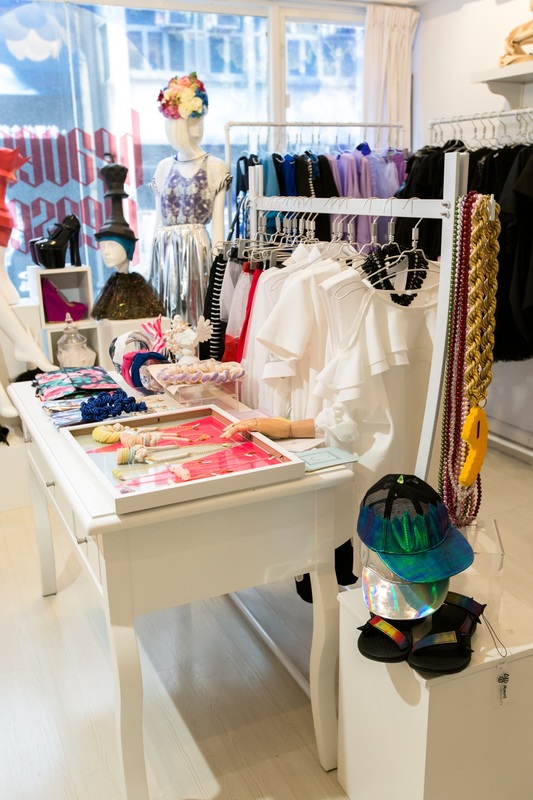
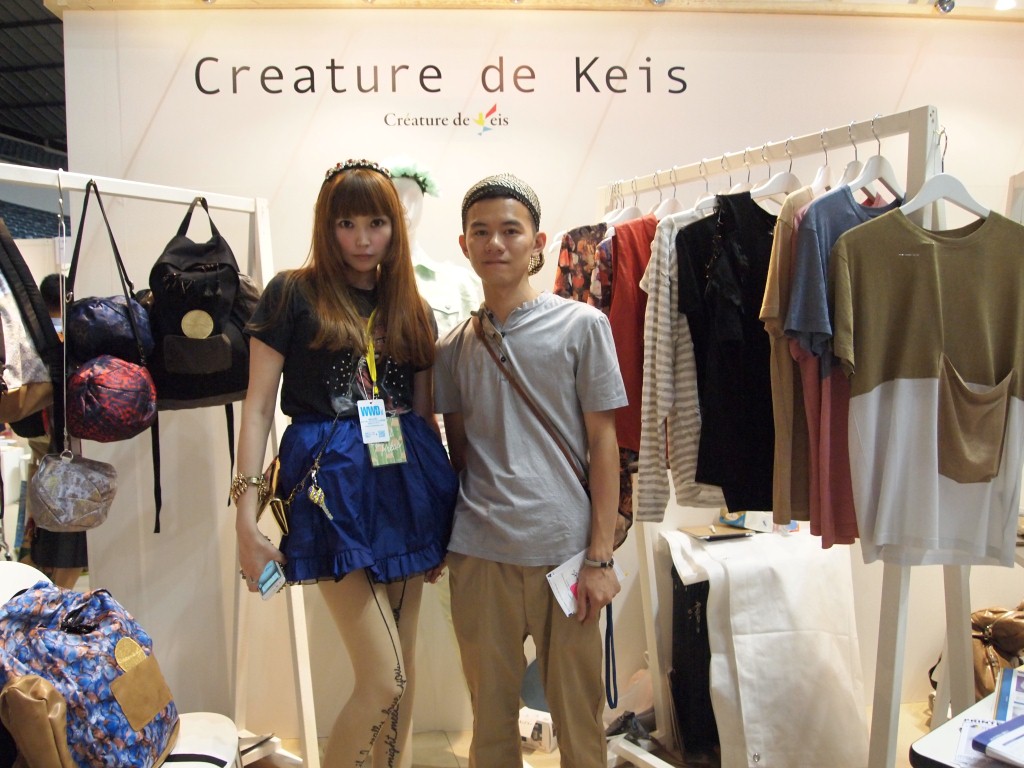

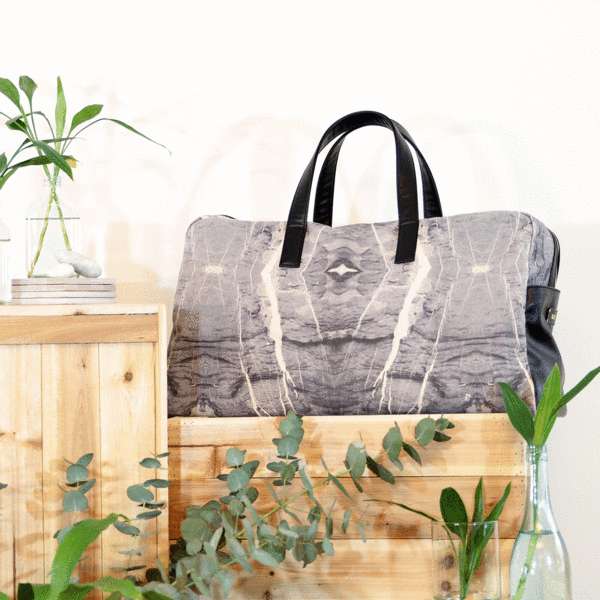
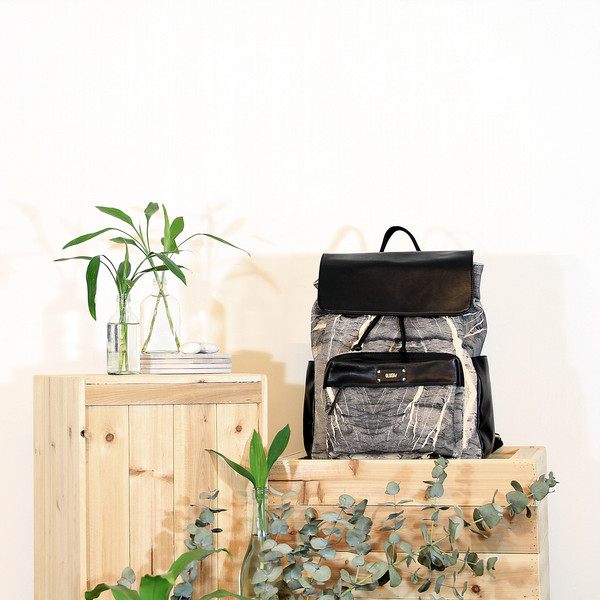
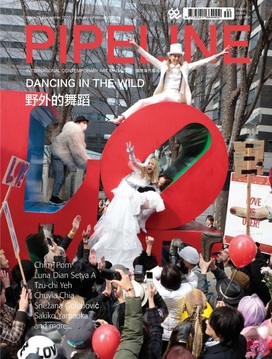
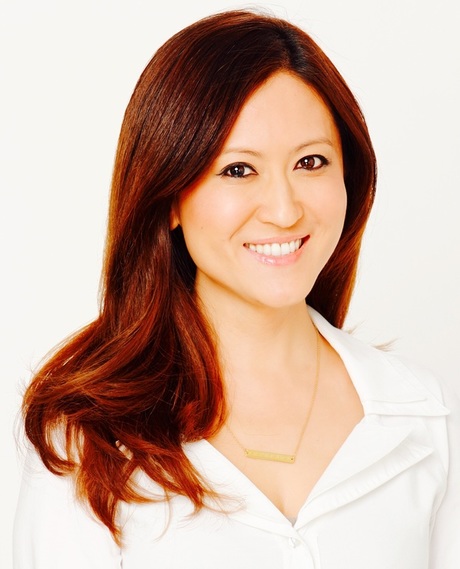
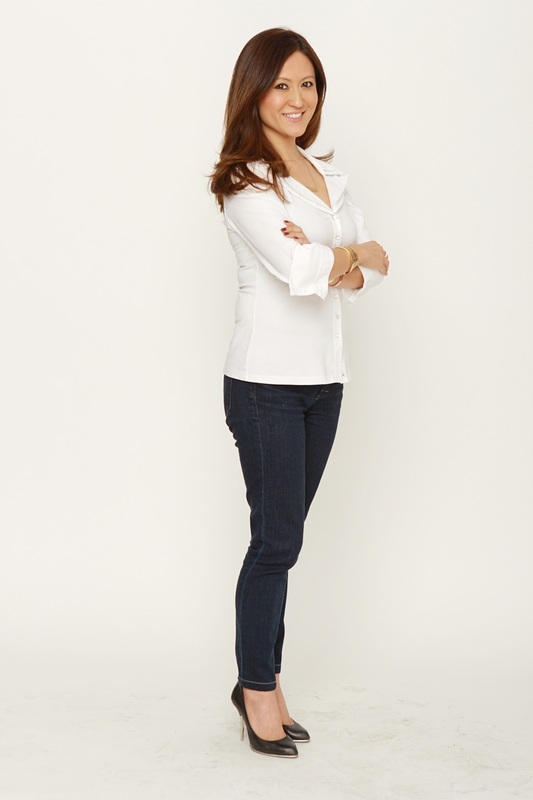
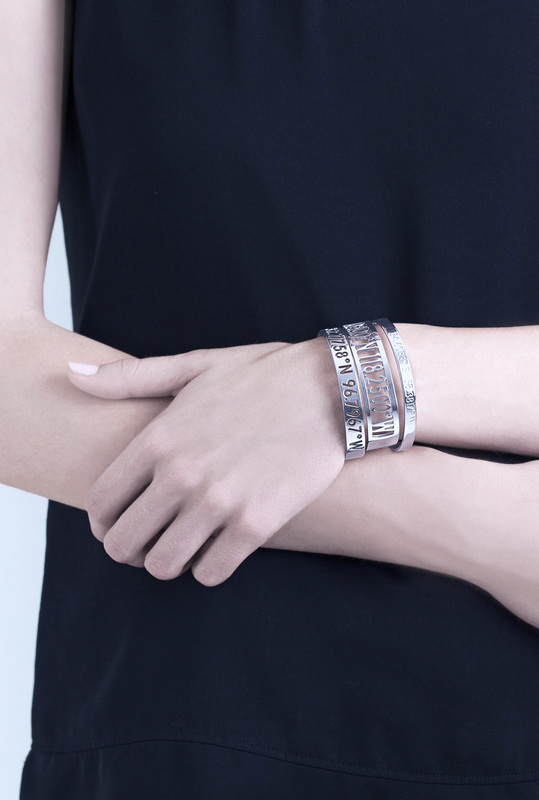
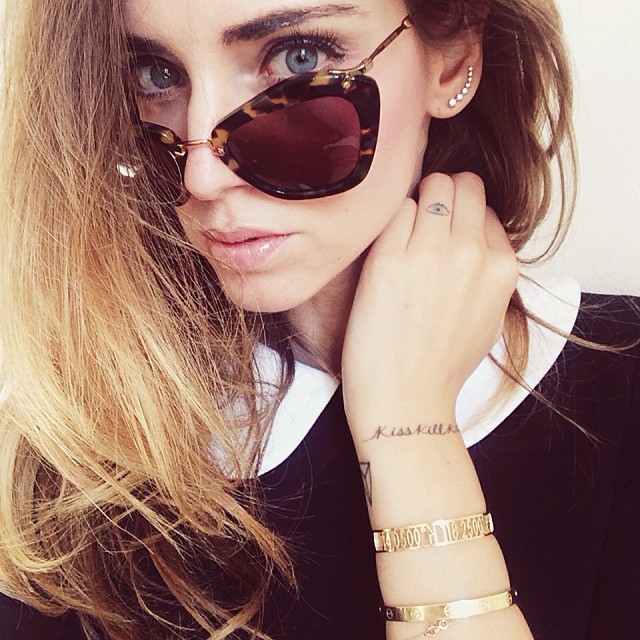
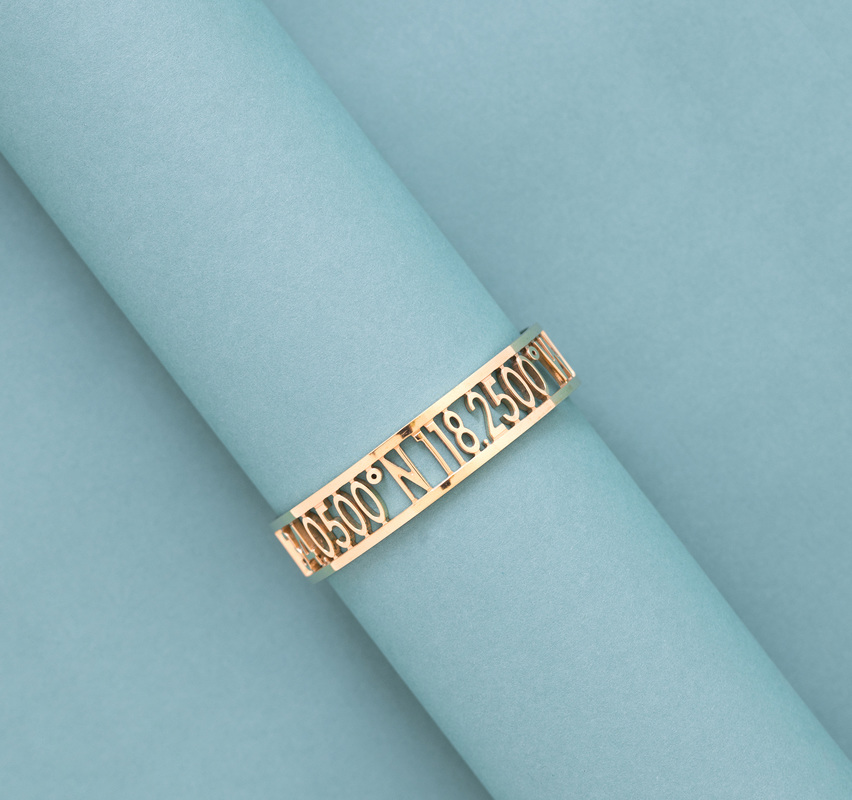
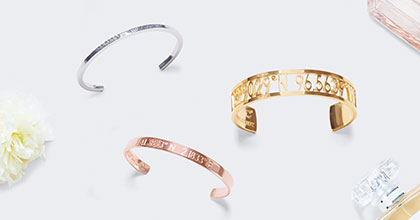
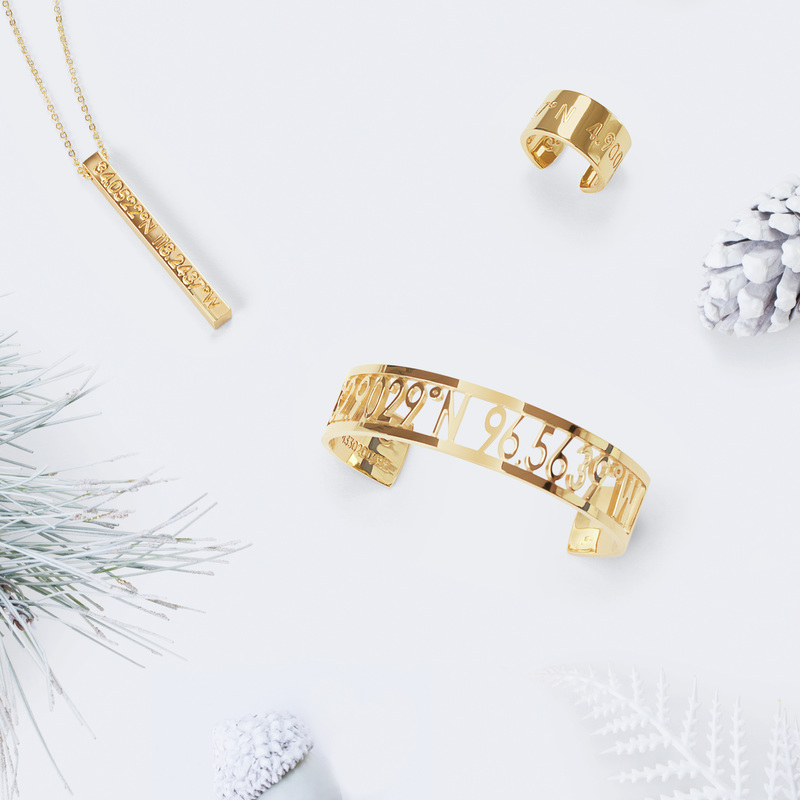
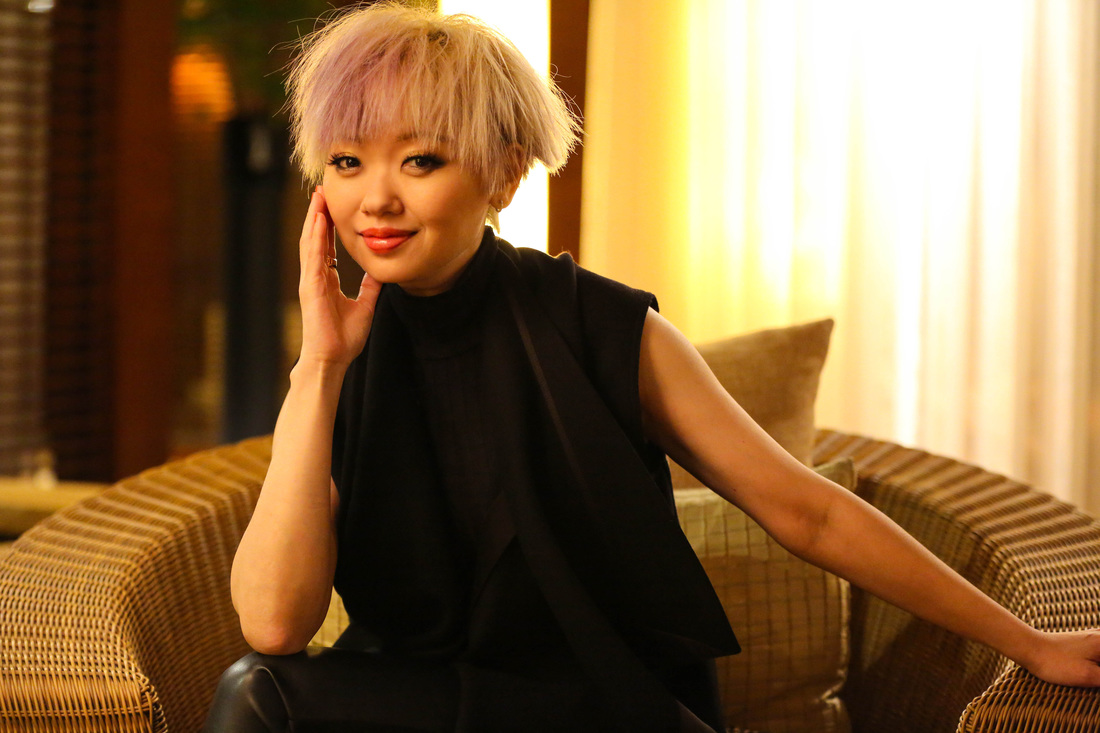
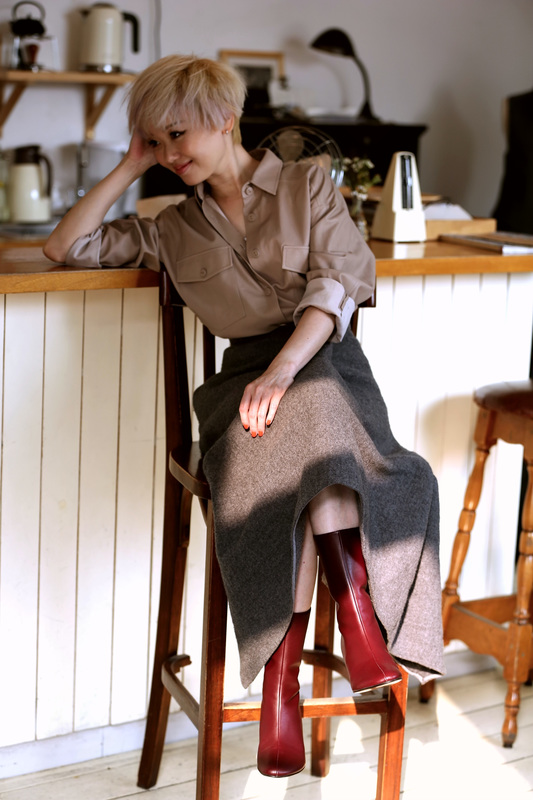
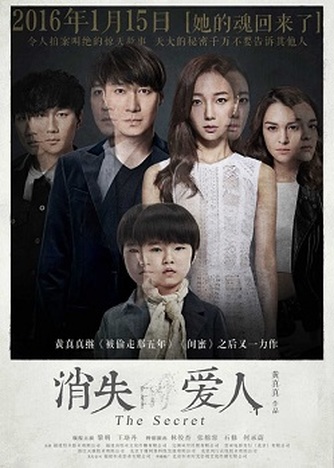
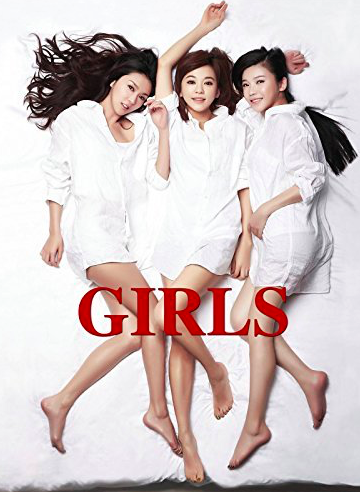
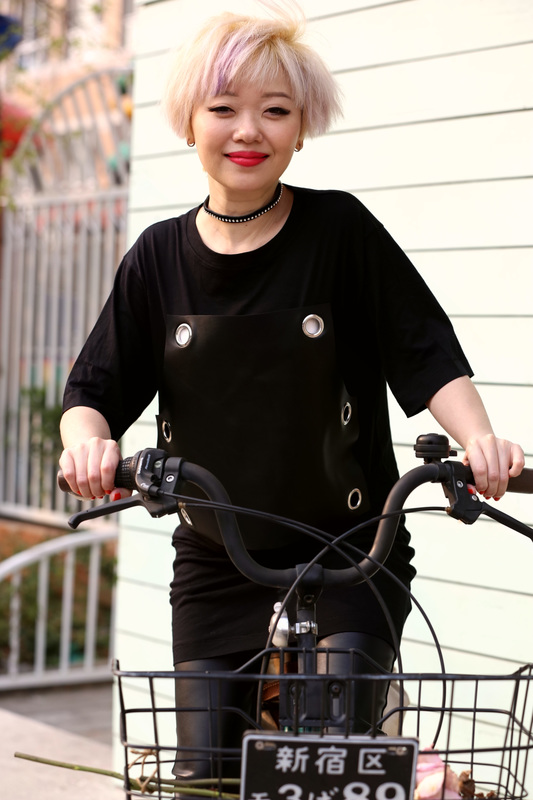
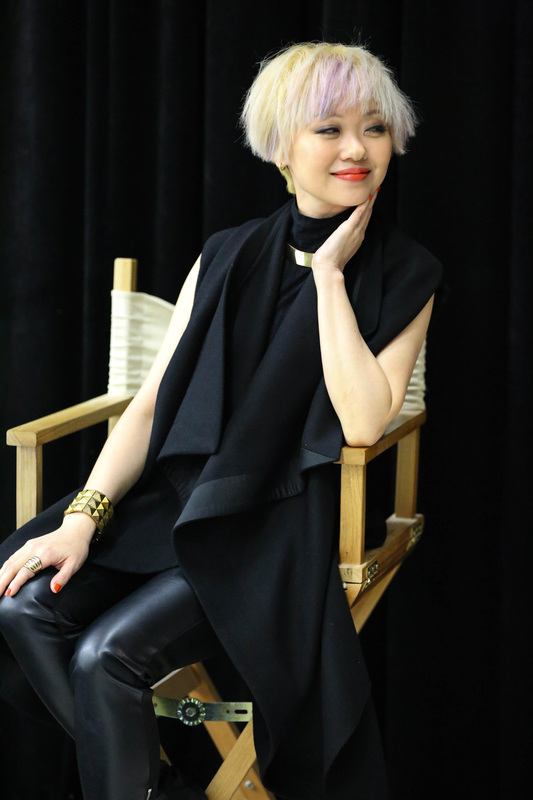
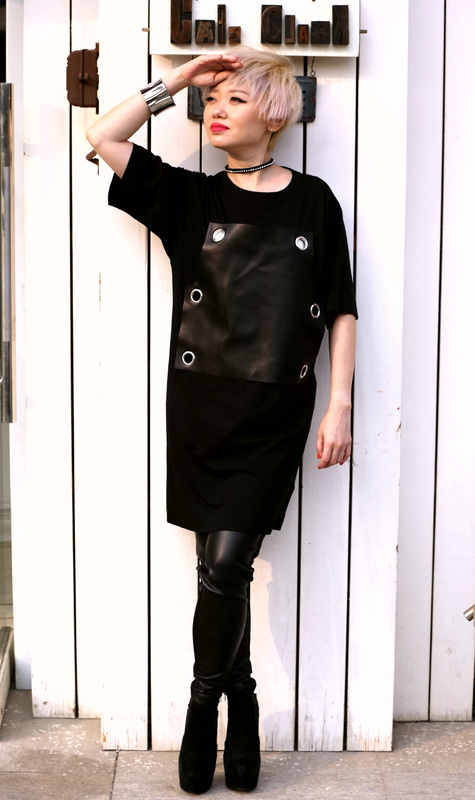
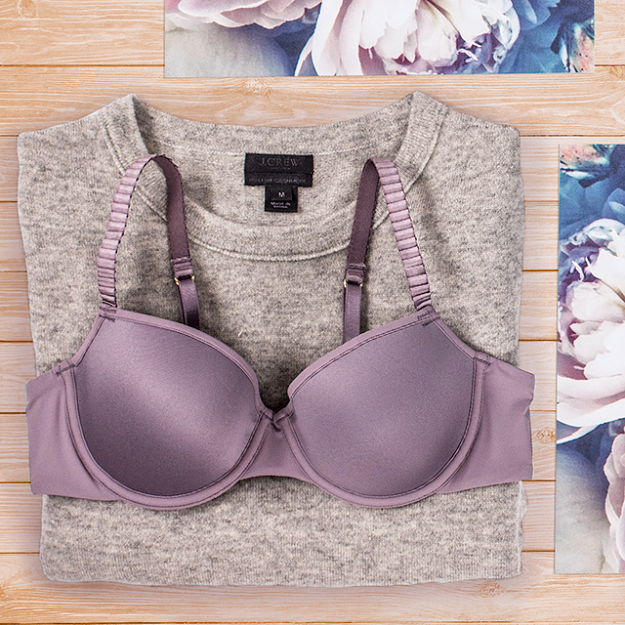
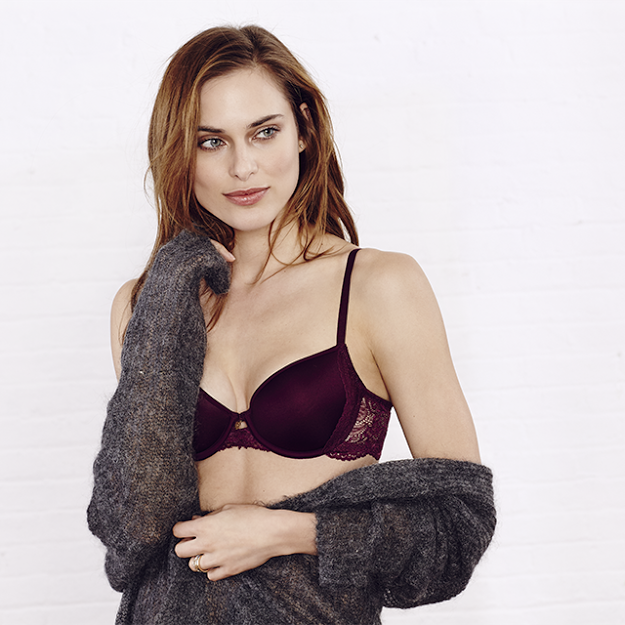
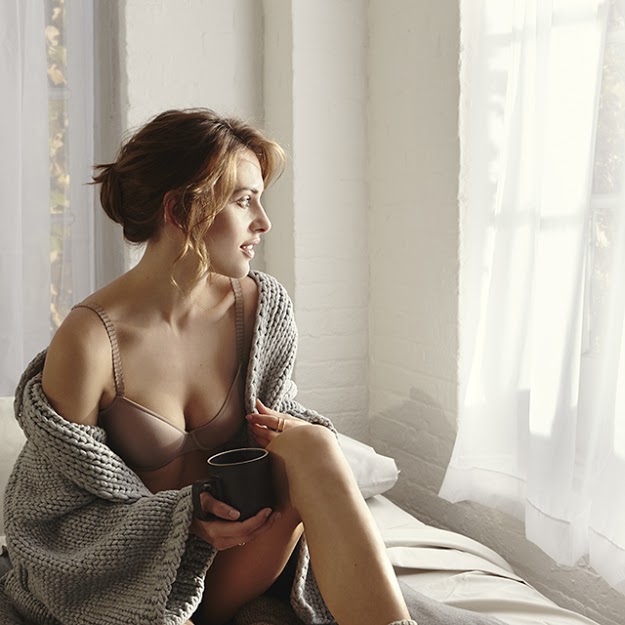
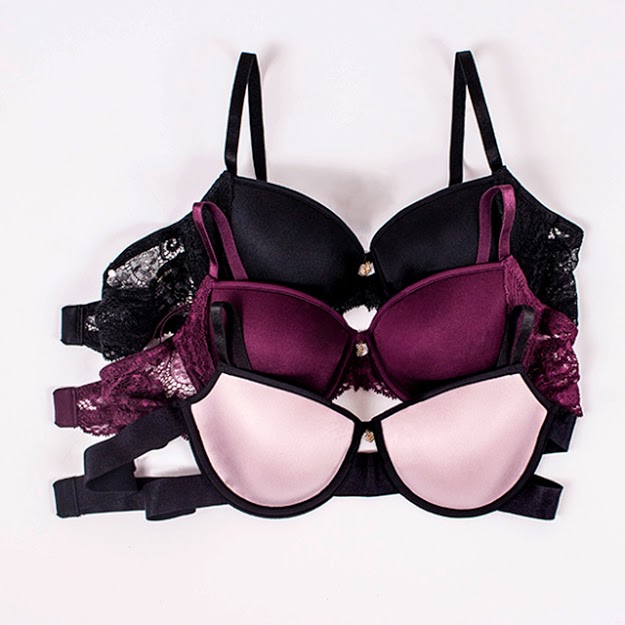
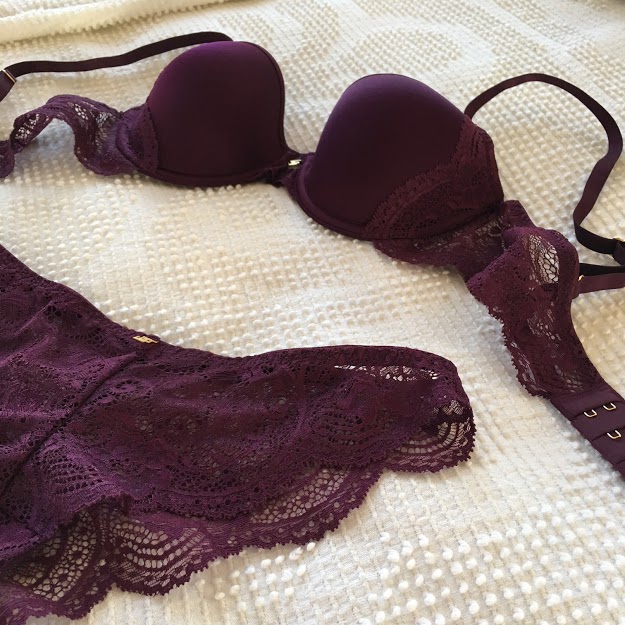
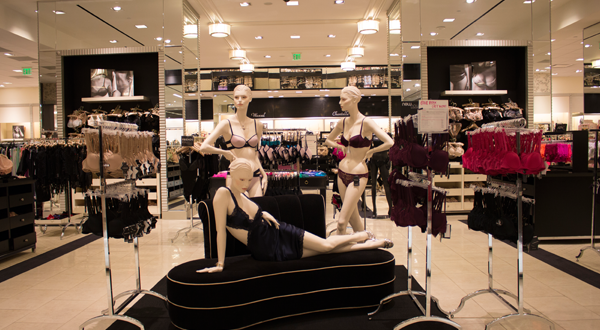
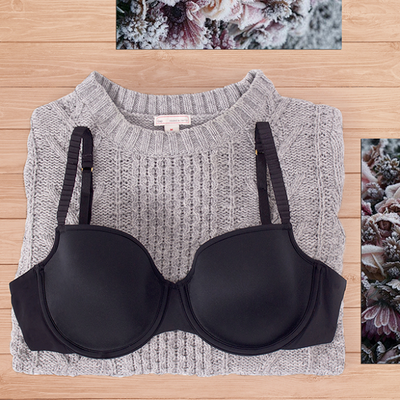
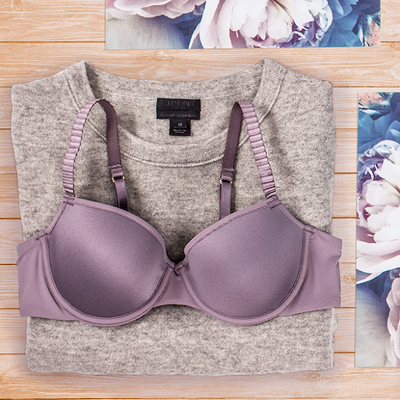
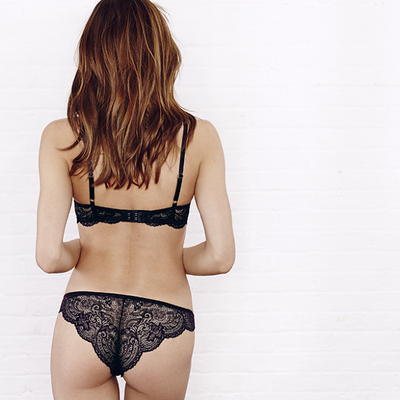
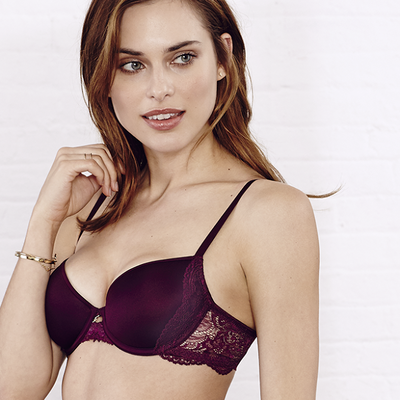
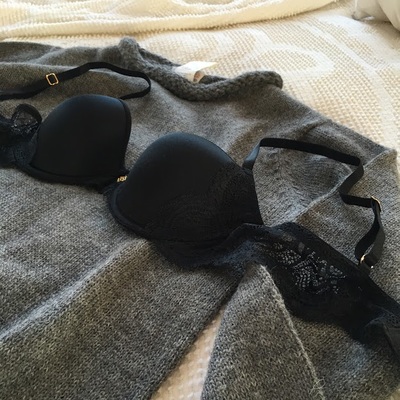
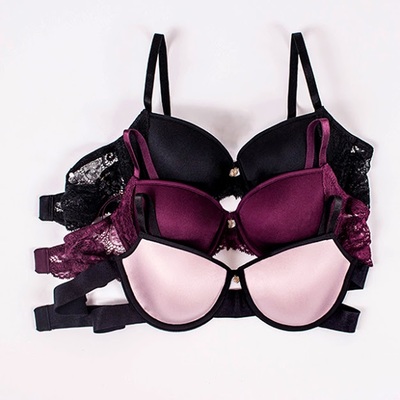
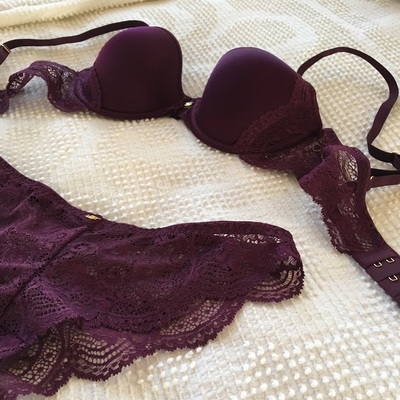
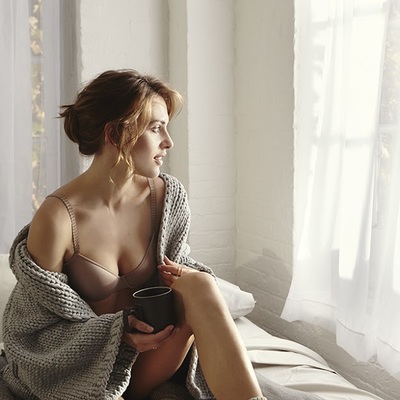
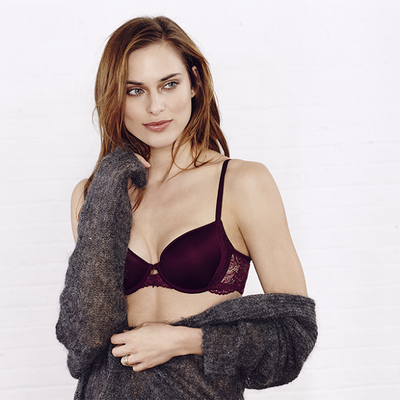
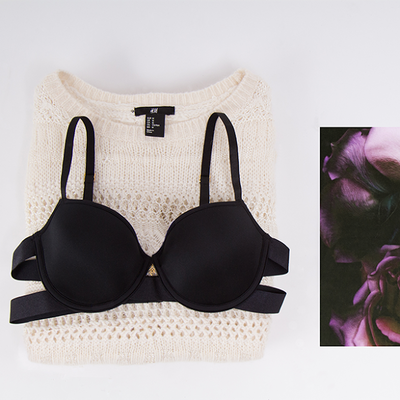
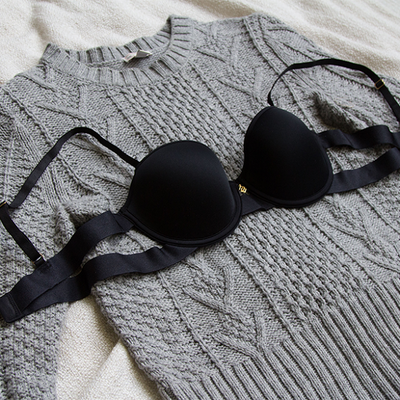
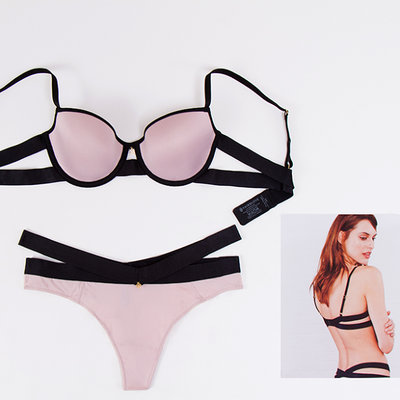
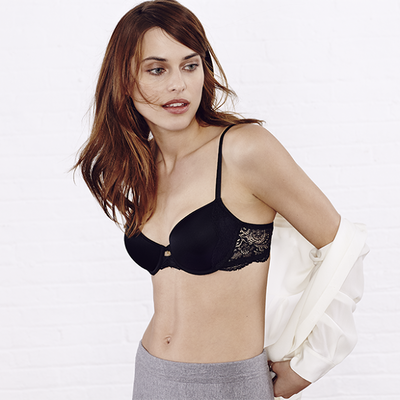
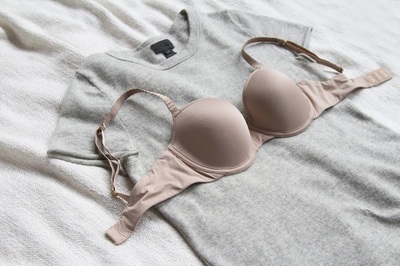
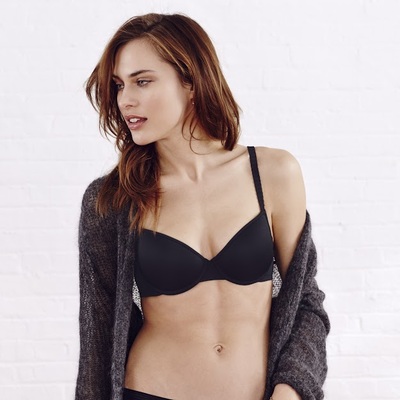
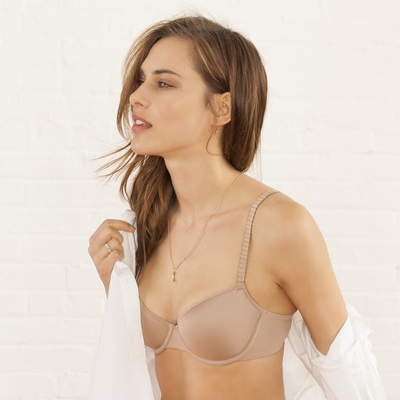
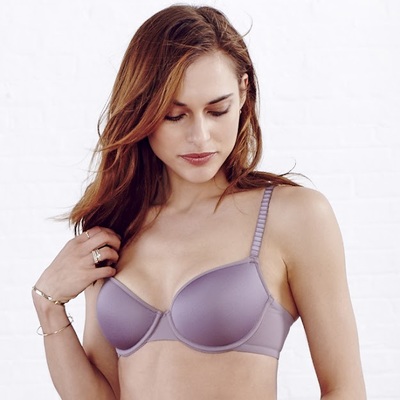
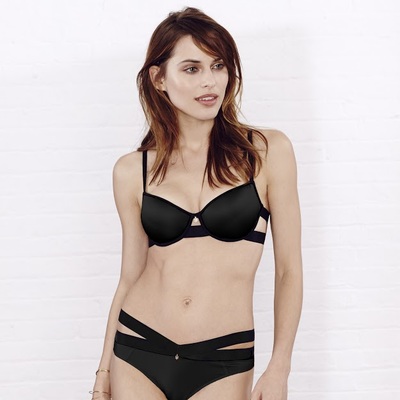
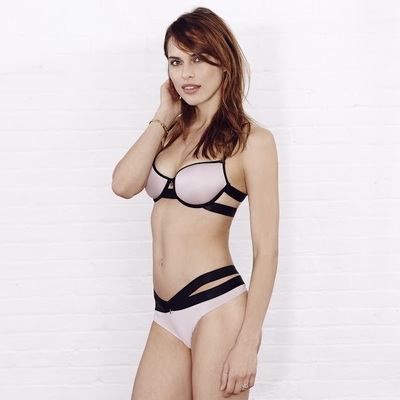
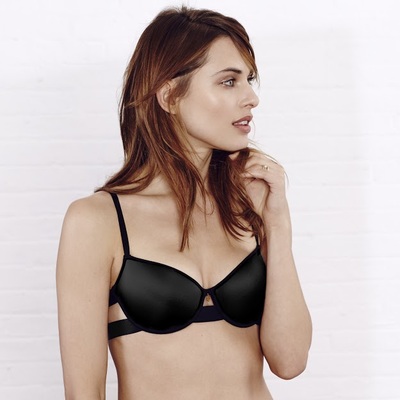
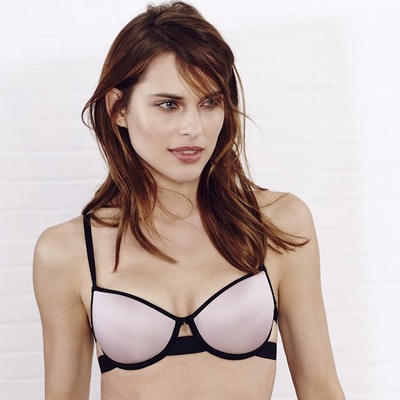
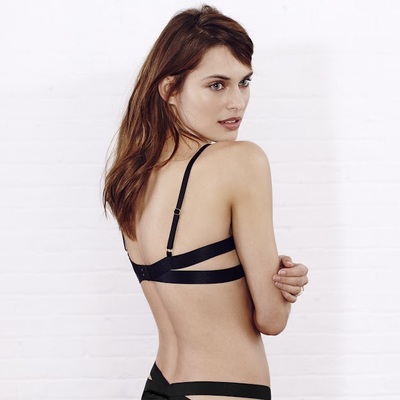
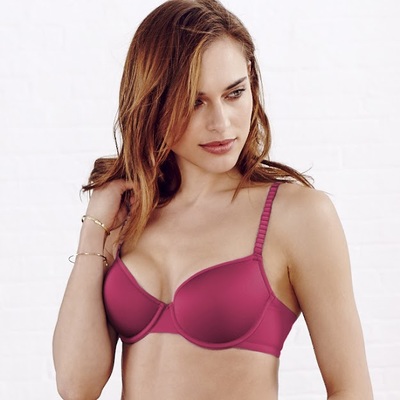
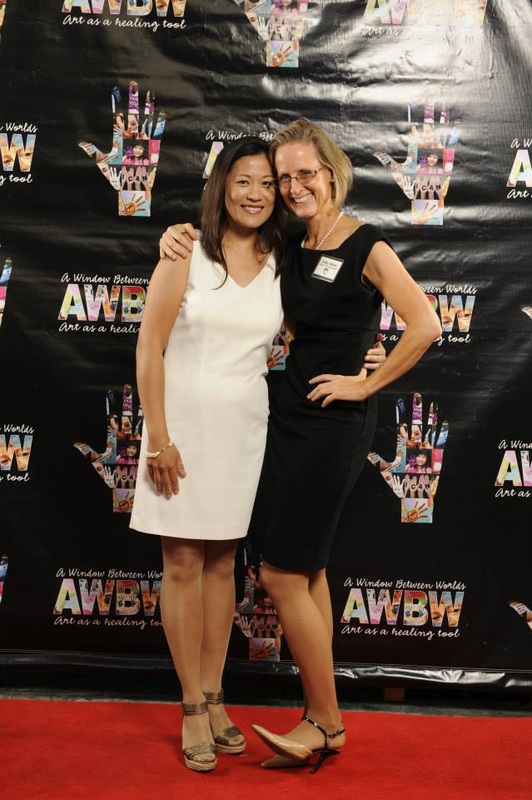
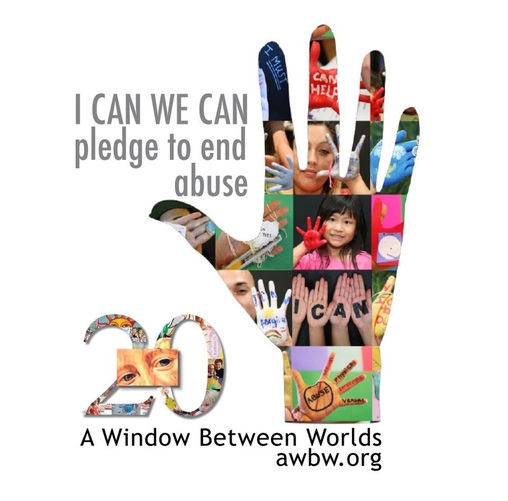
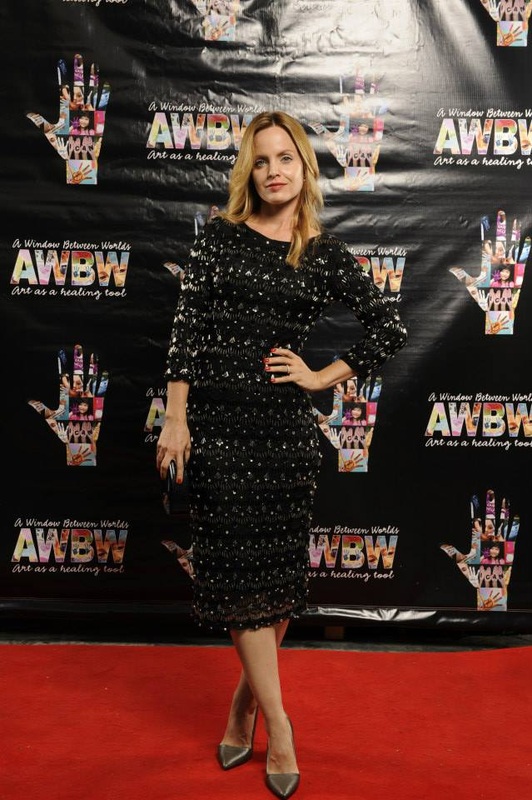
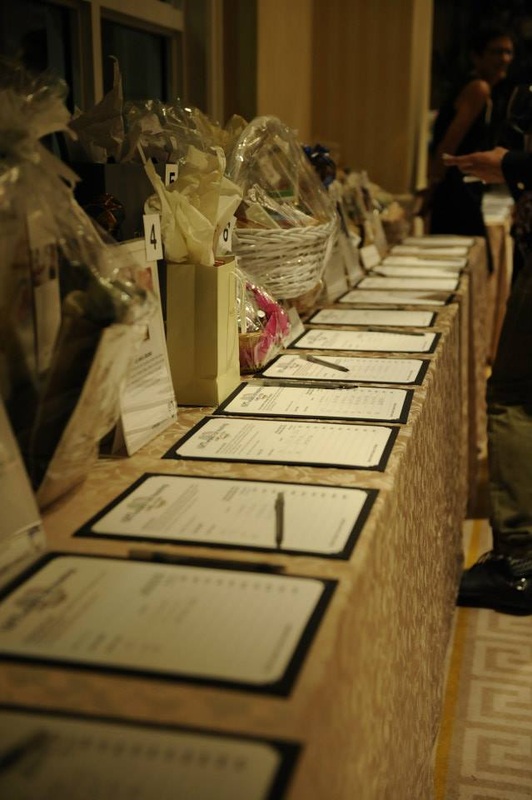
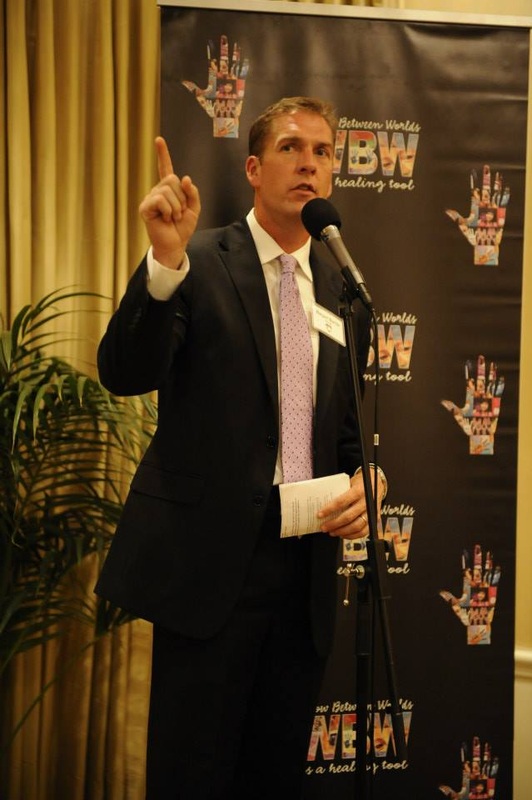
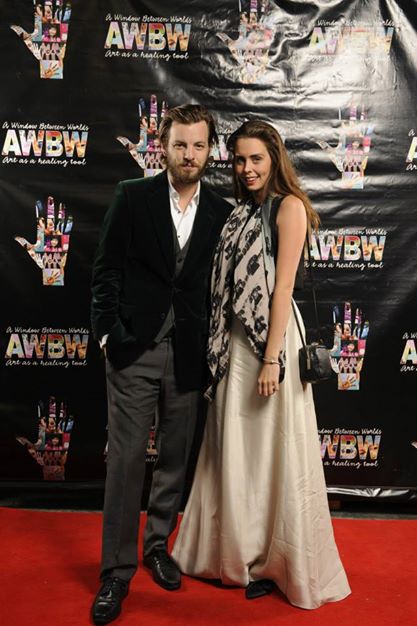
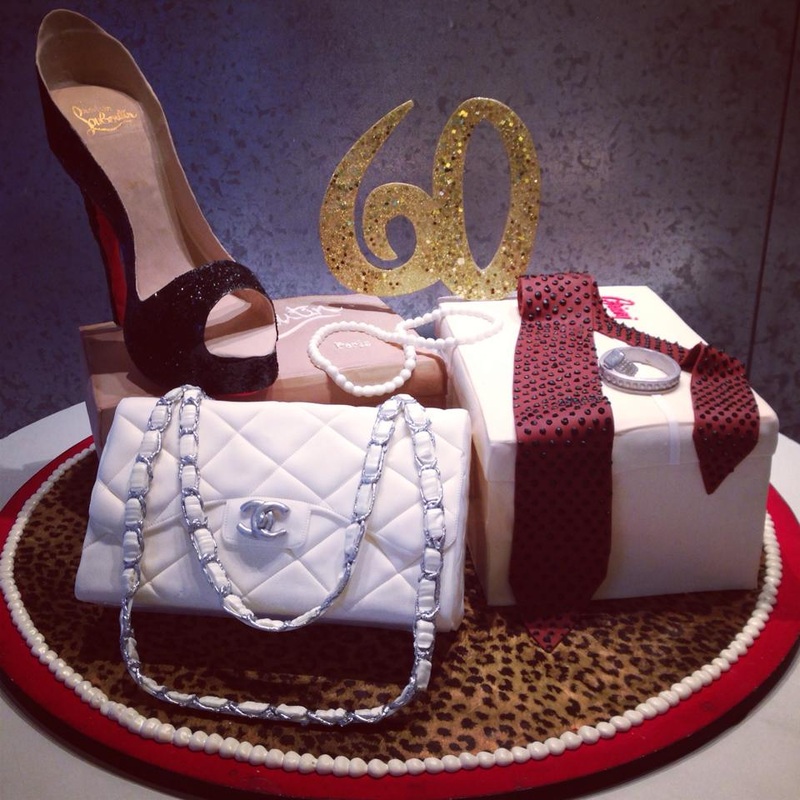
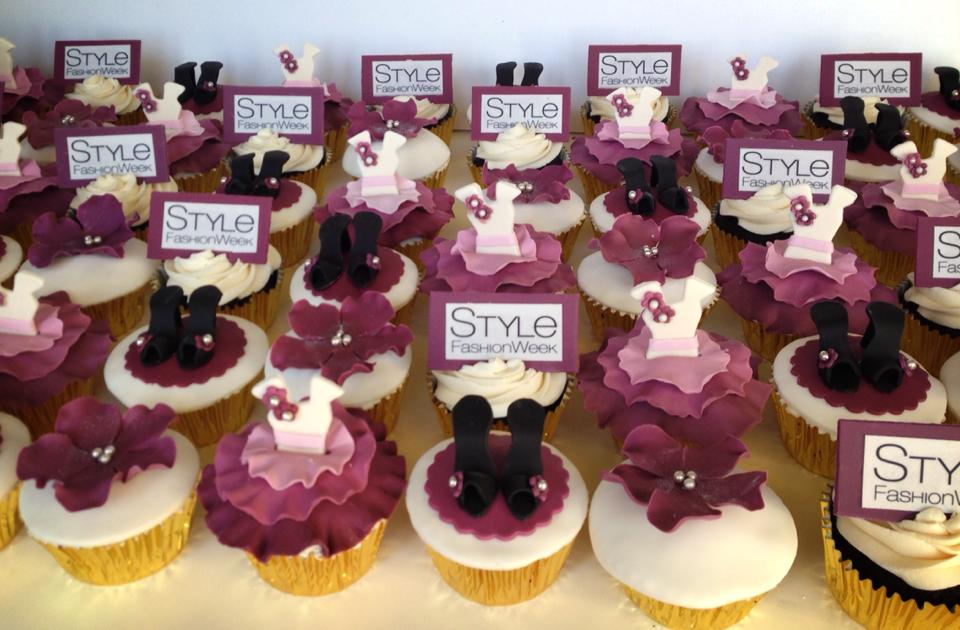
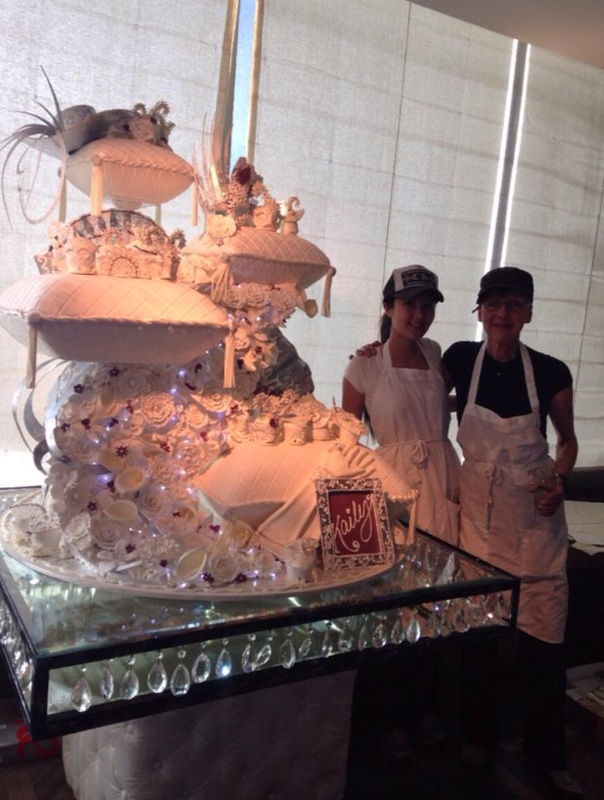
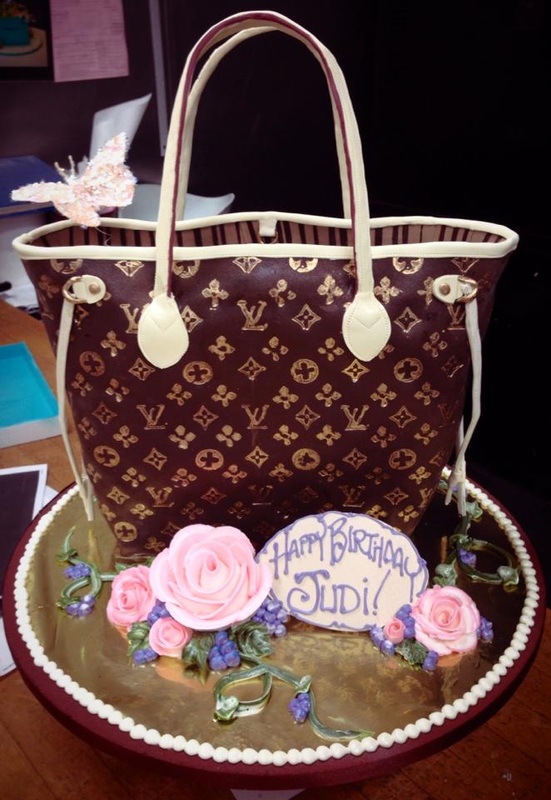
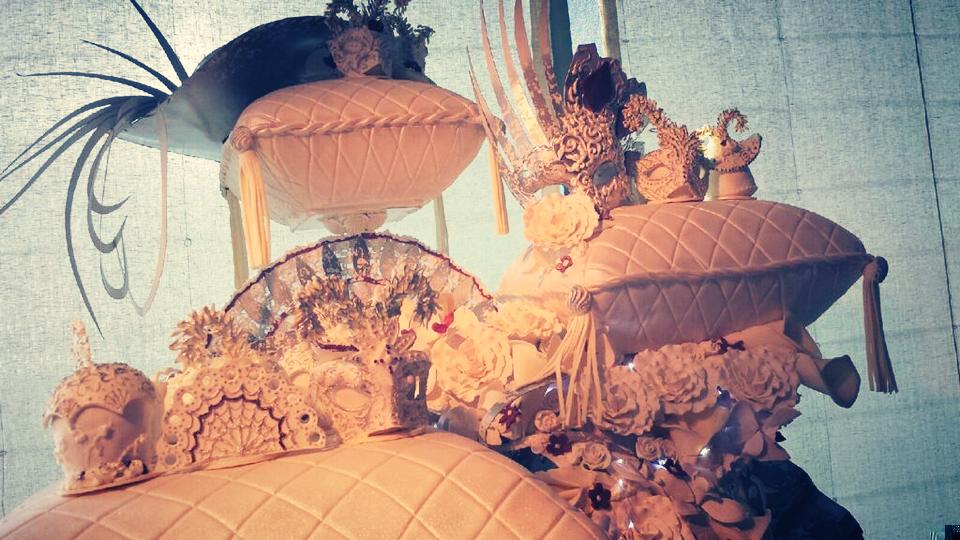
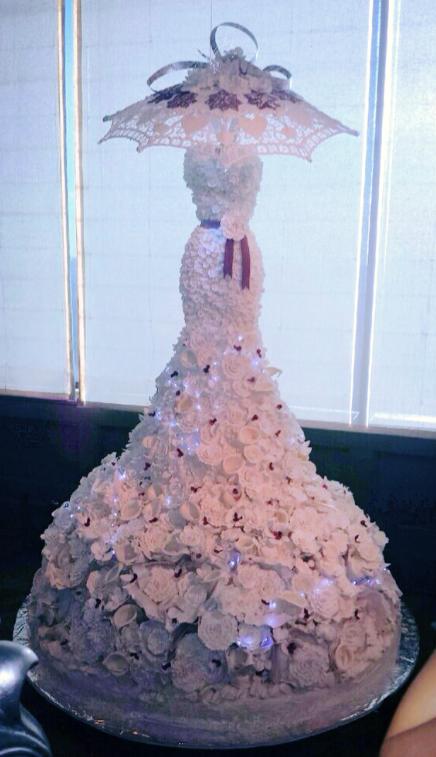
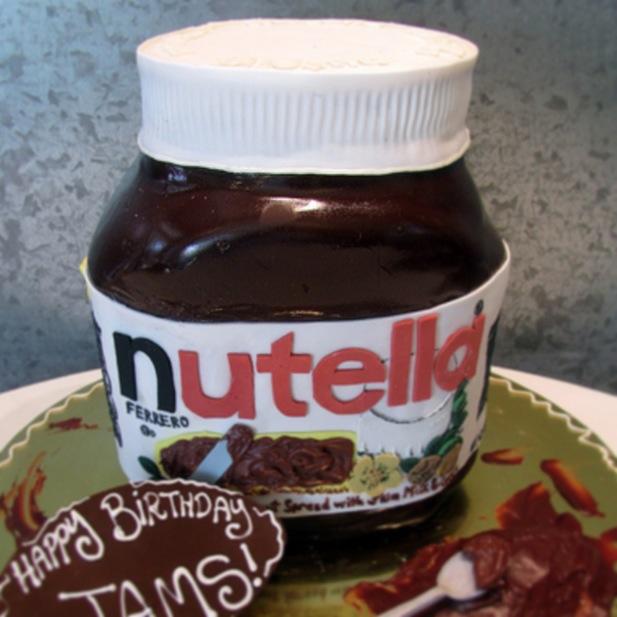
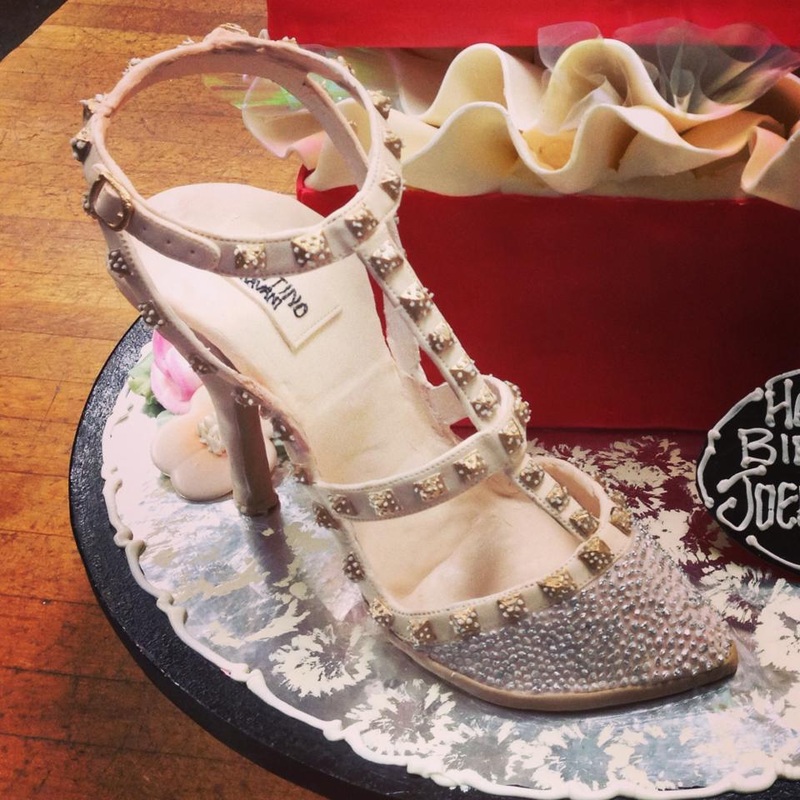
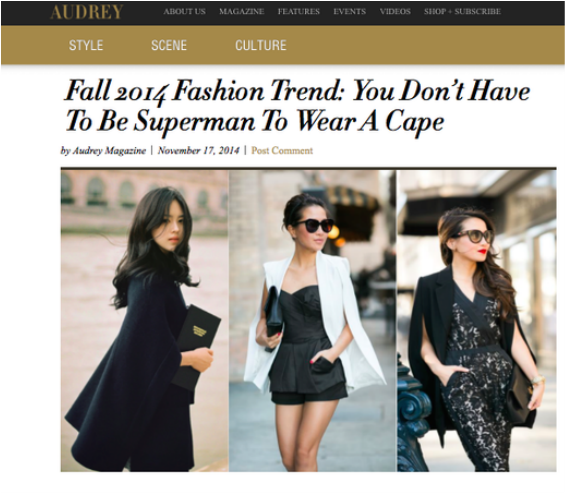
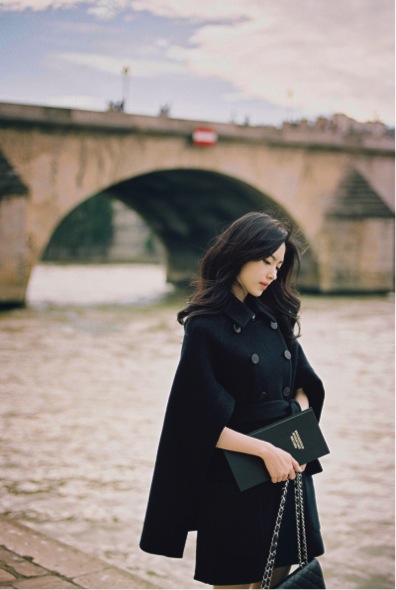
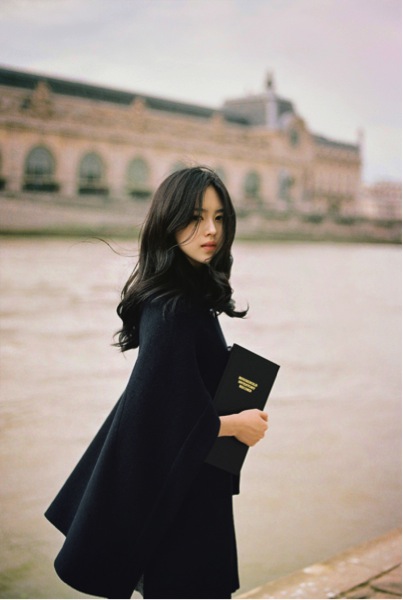
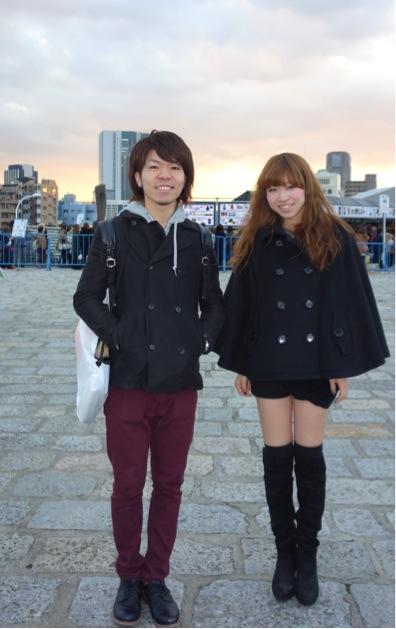
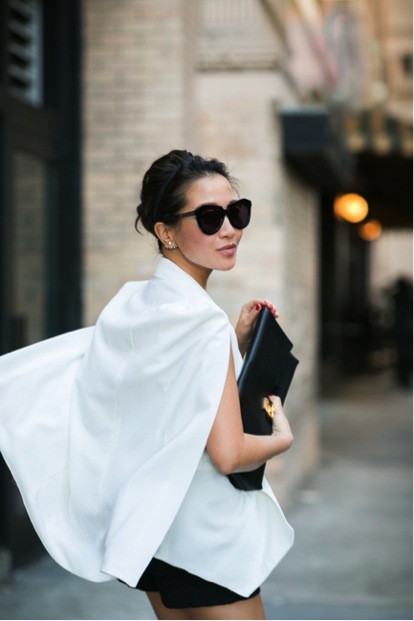
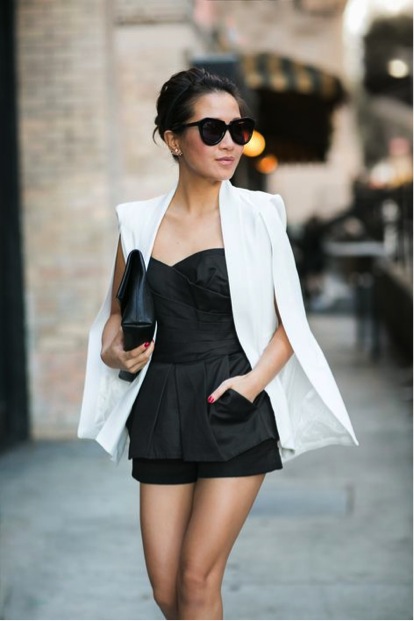
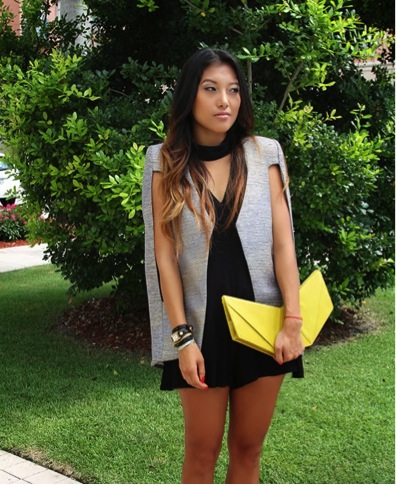
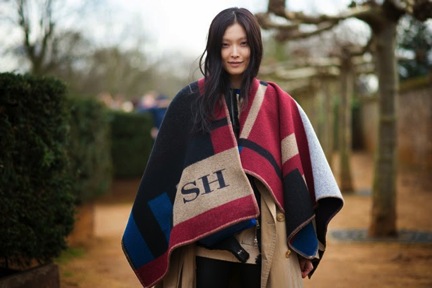
 RSS Feed
RSS Feed